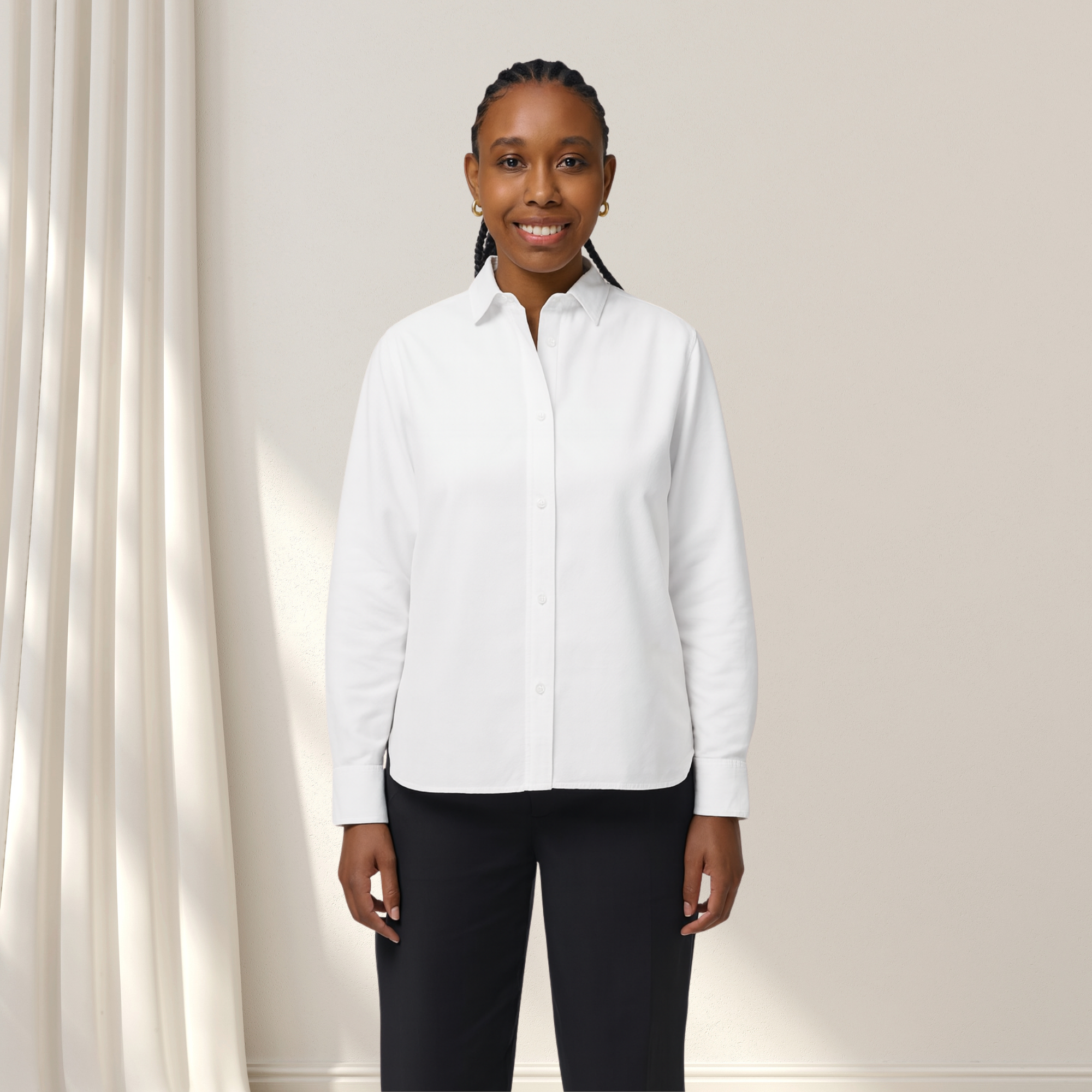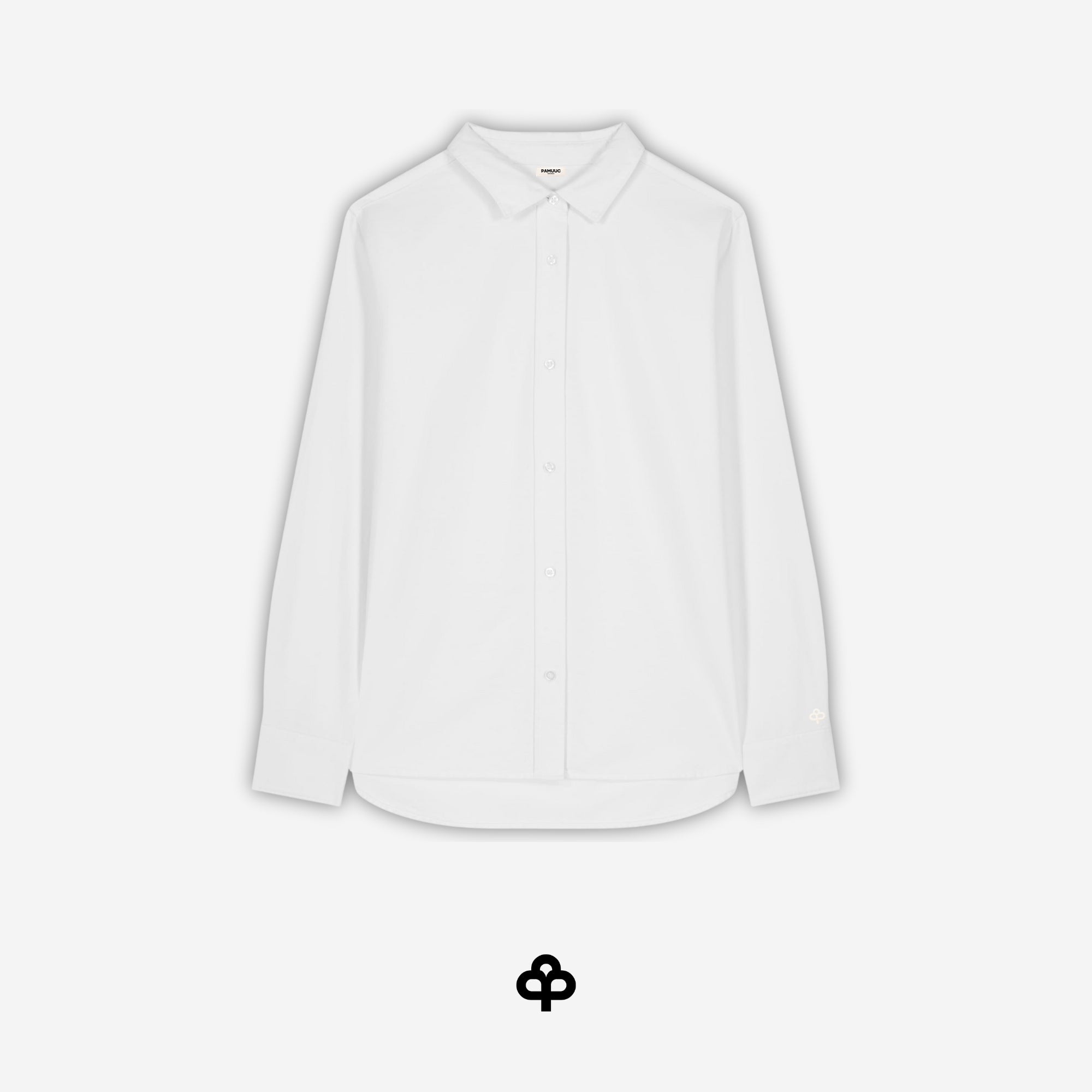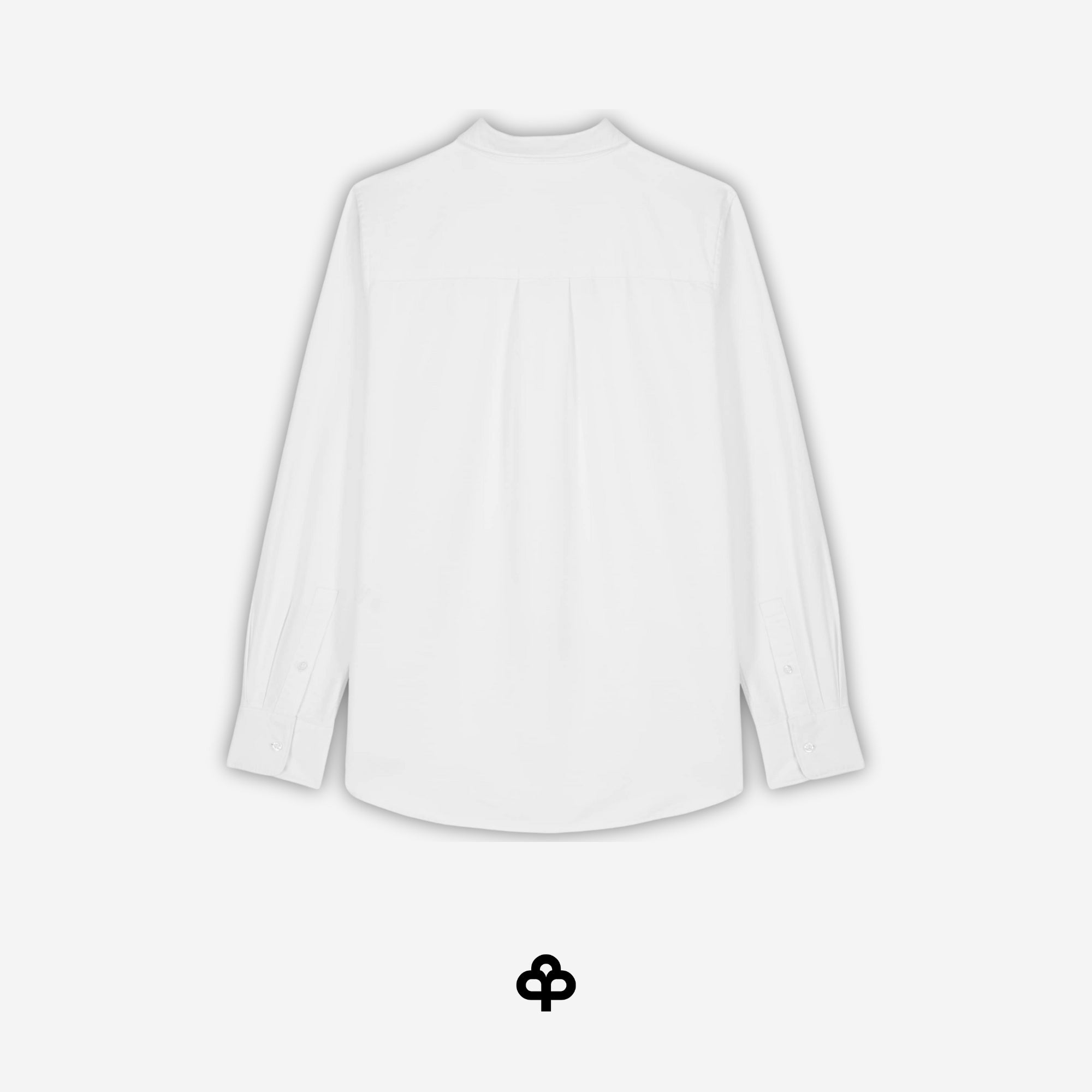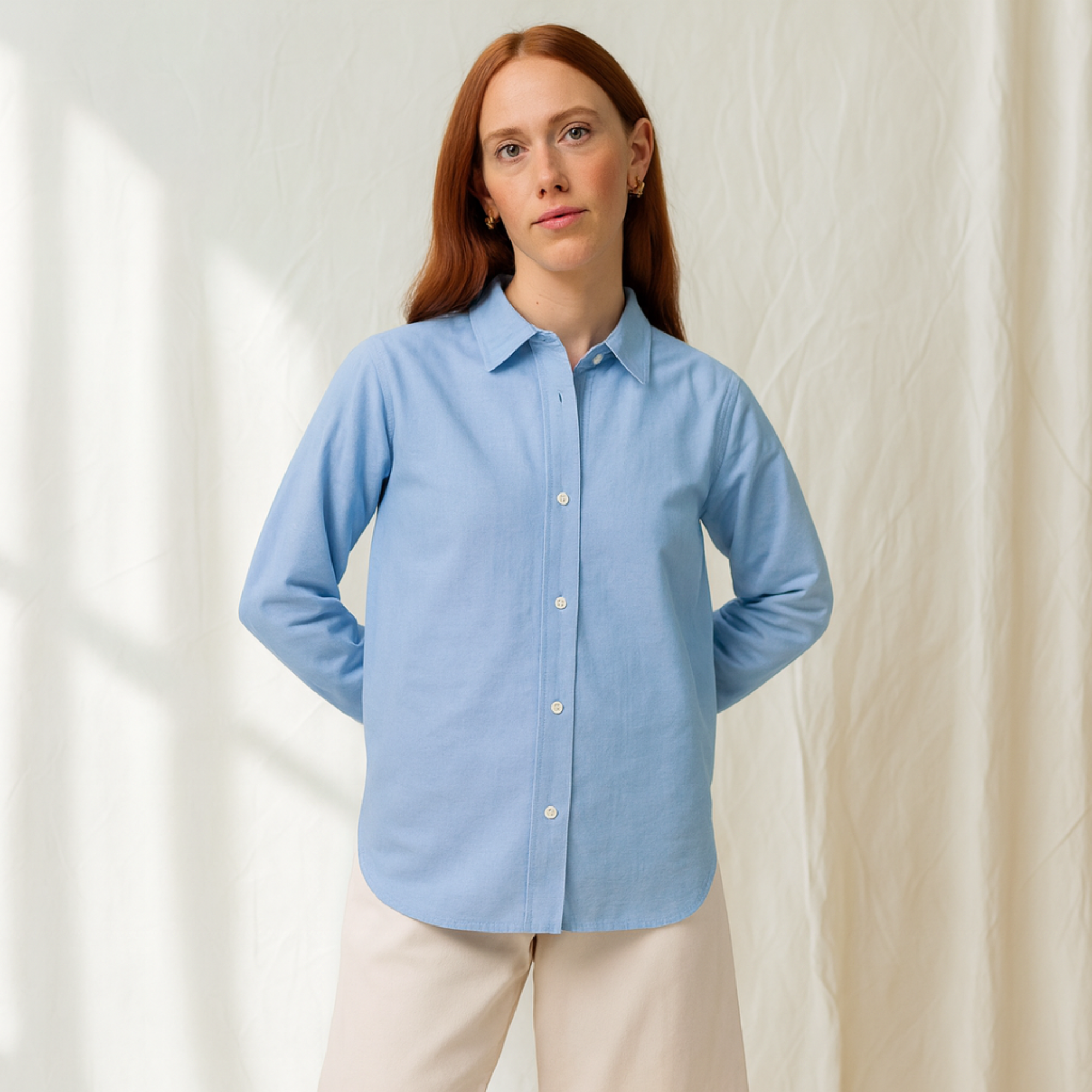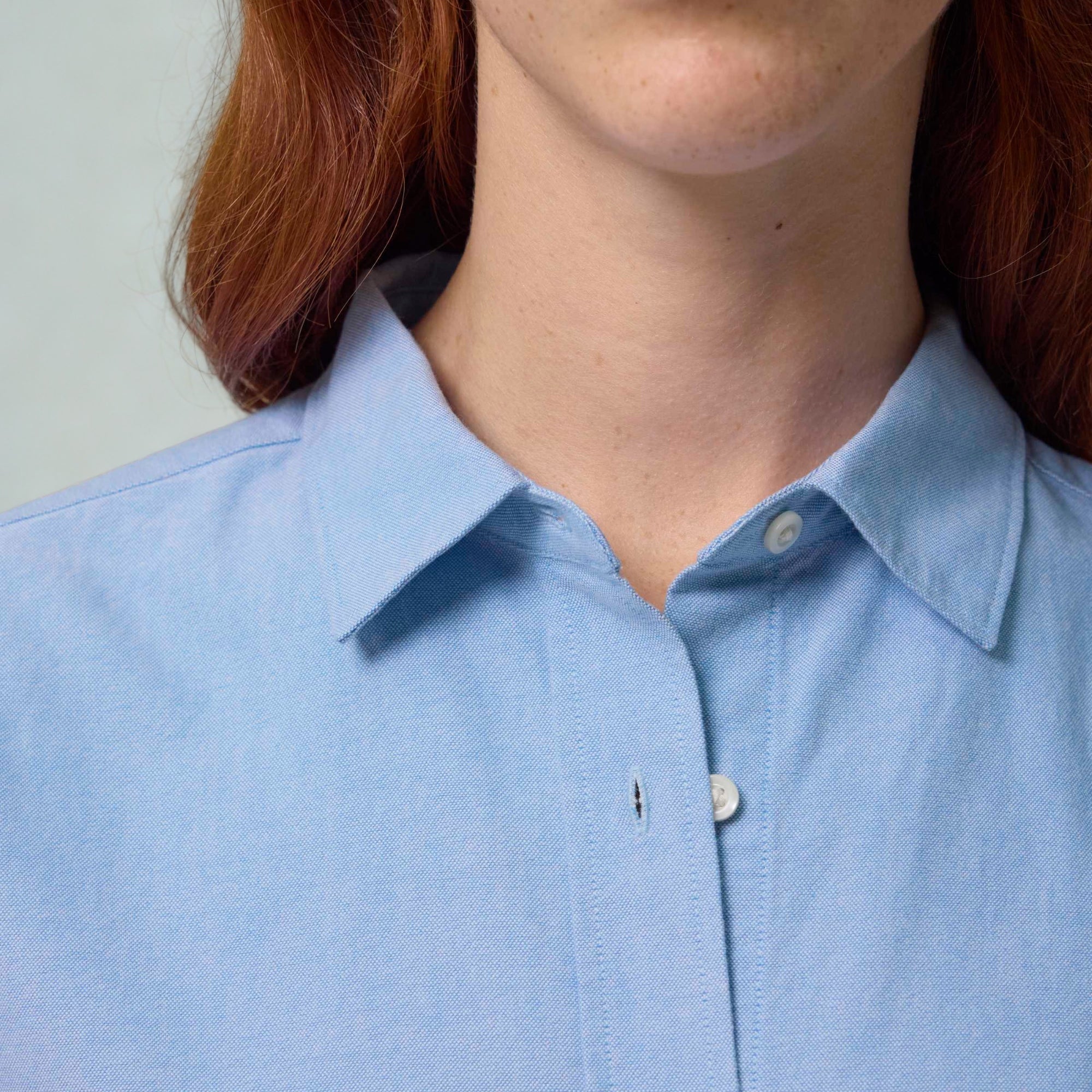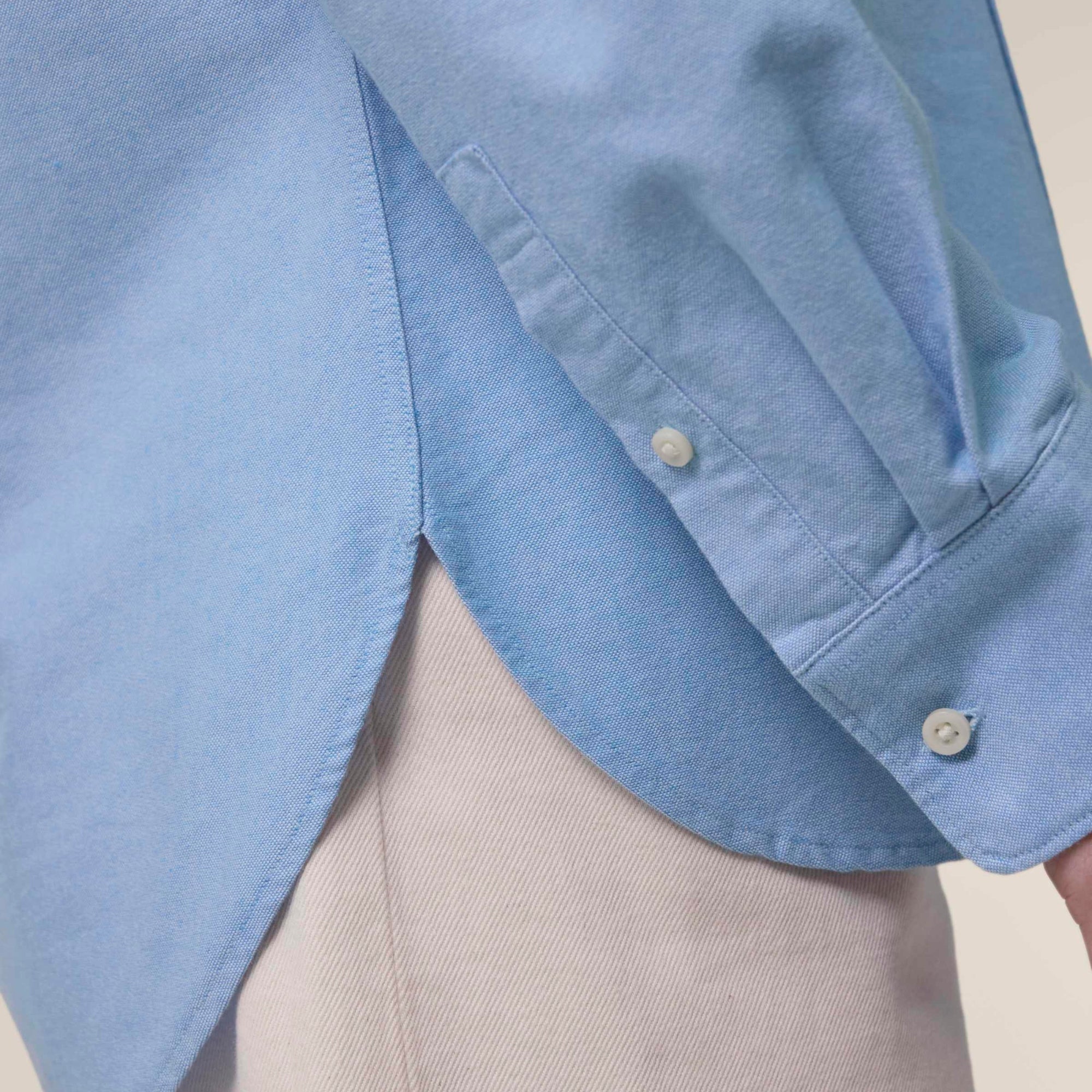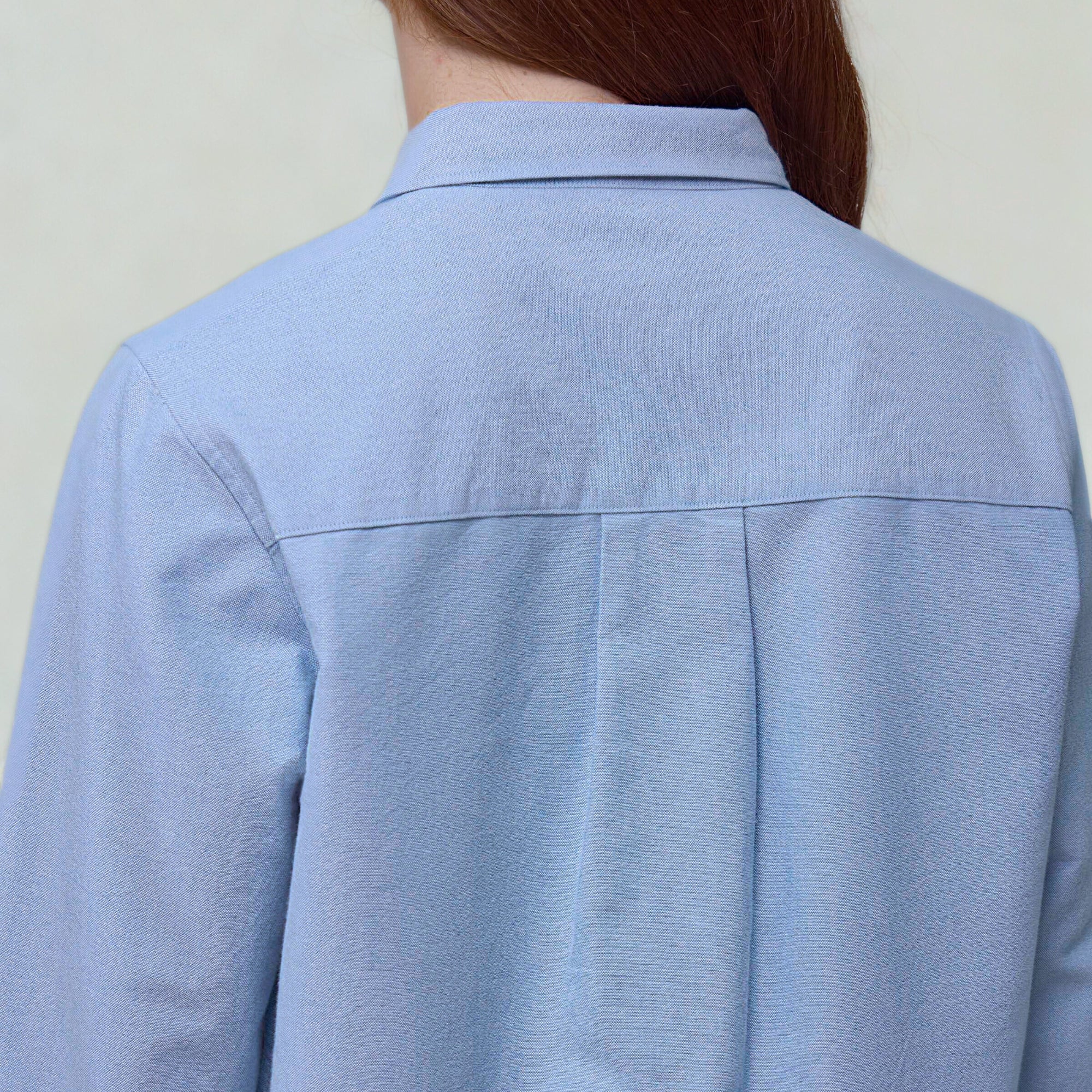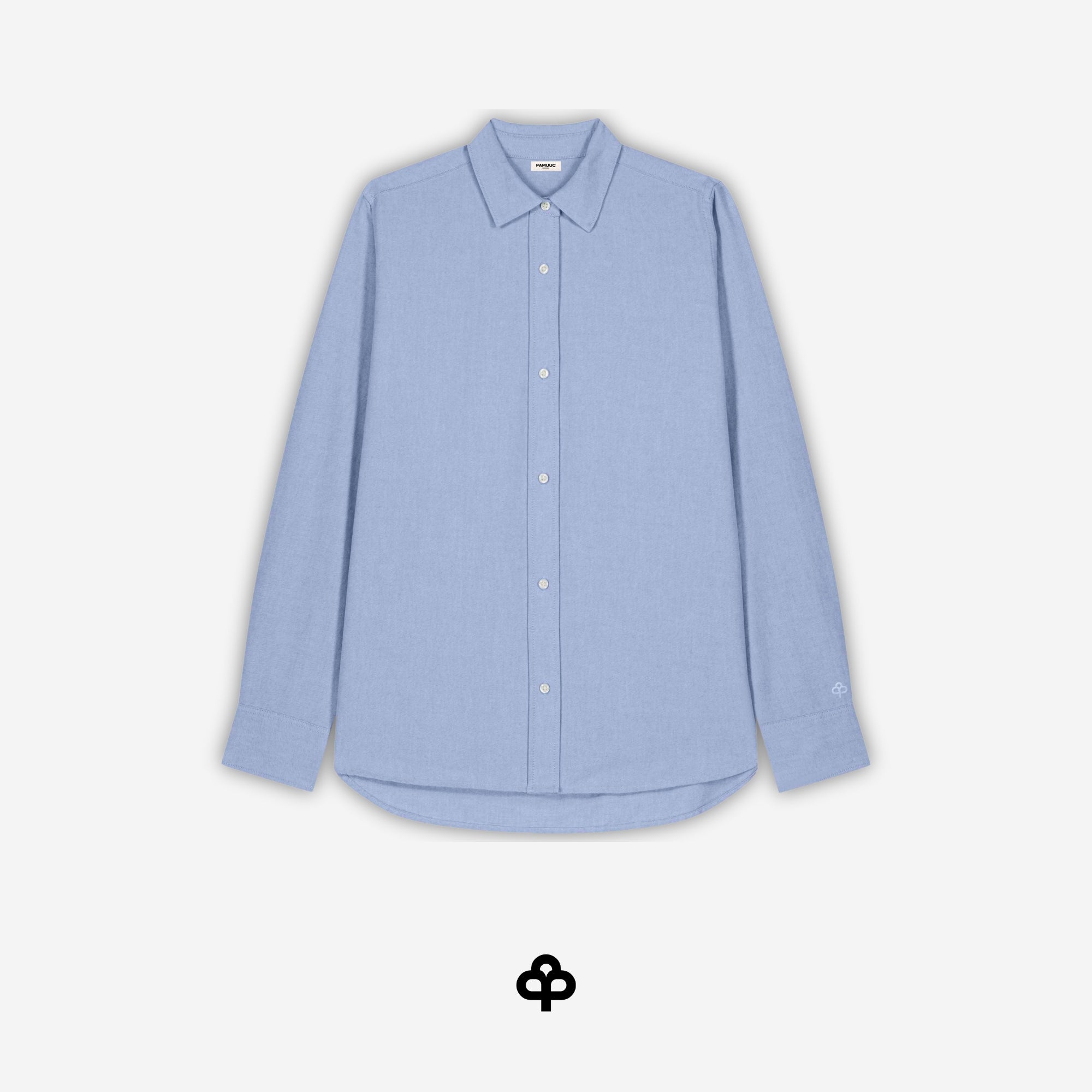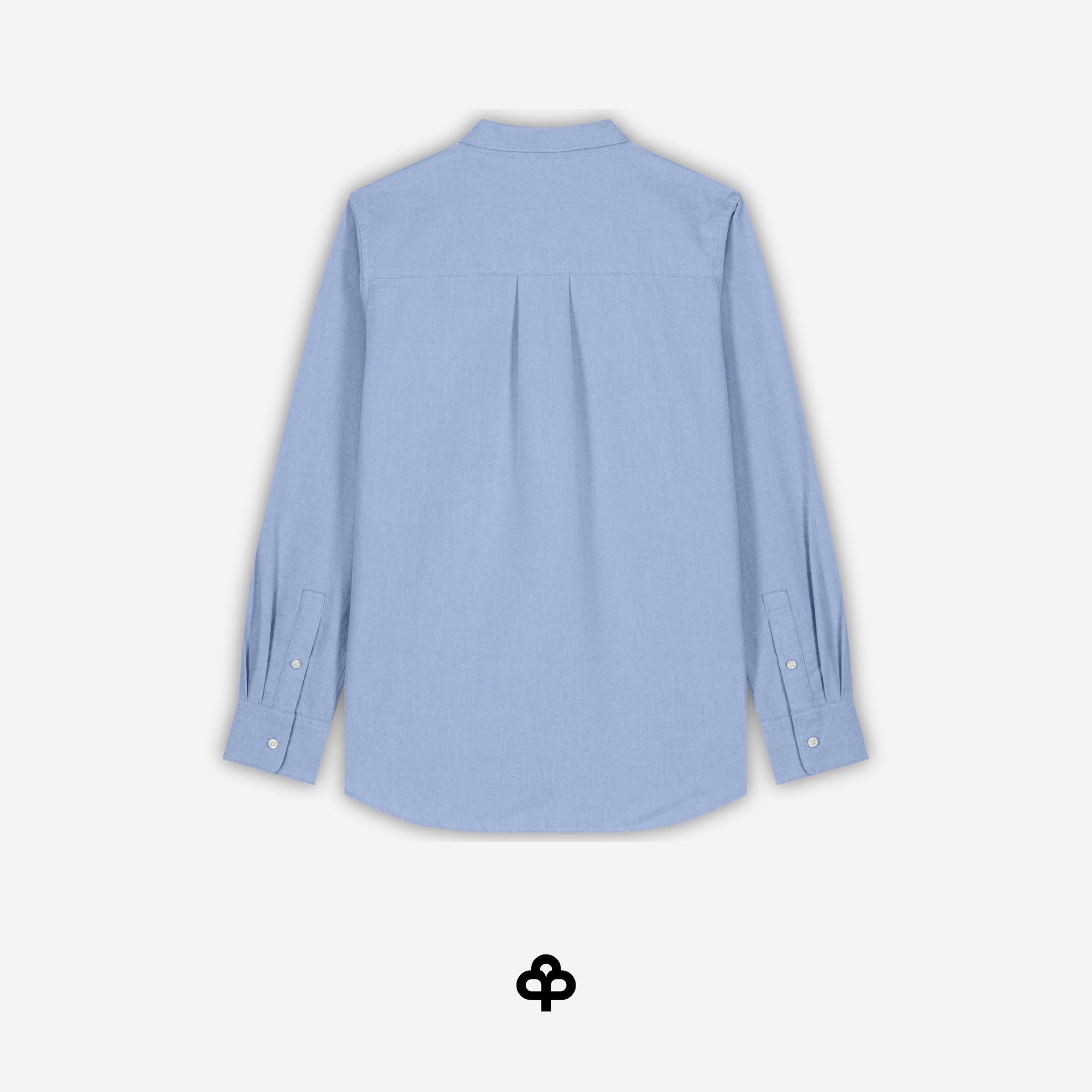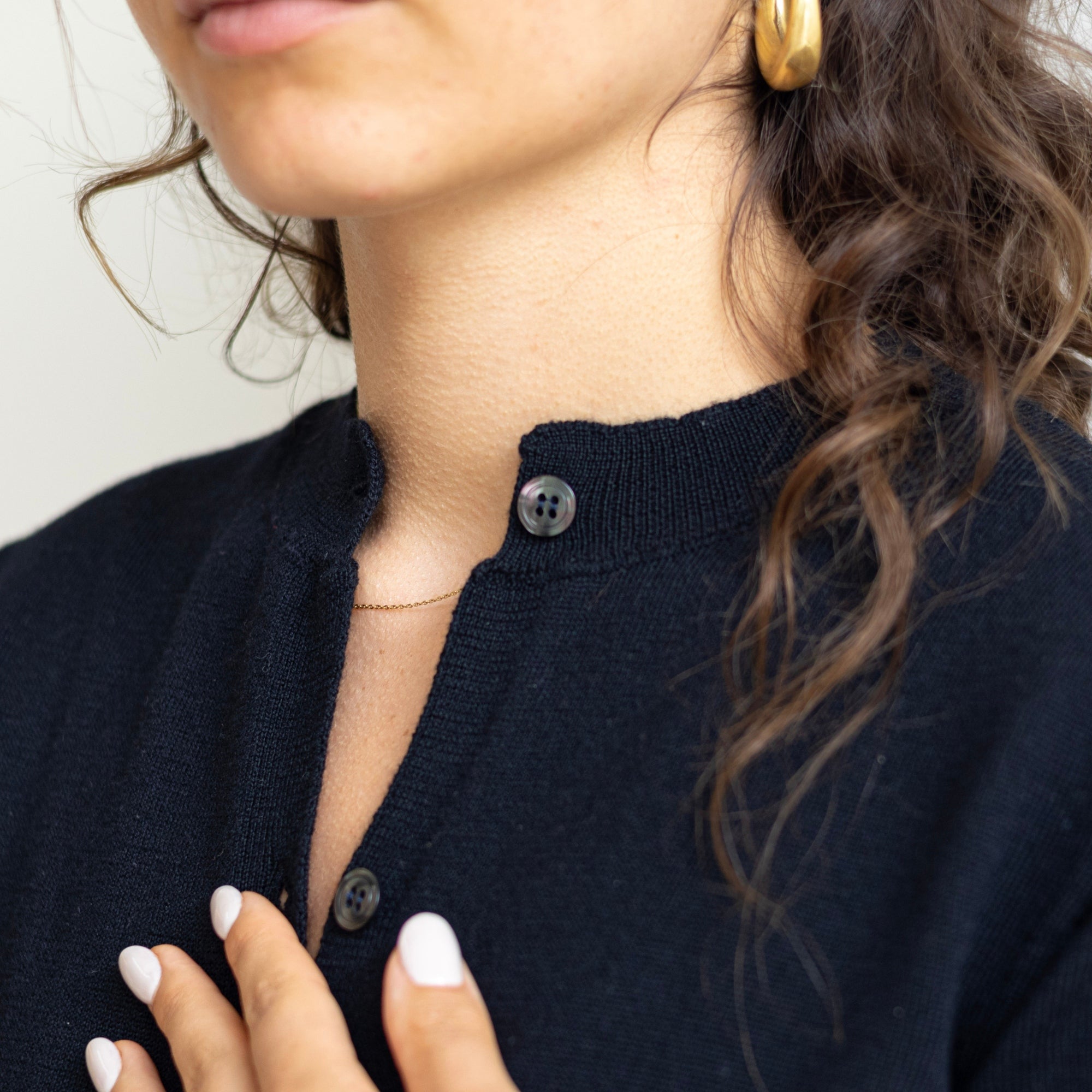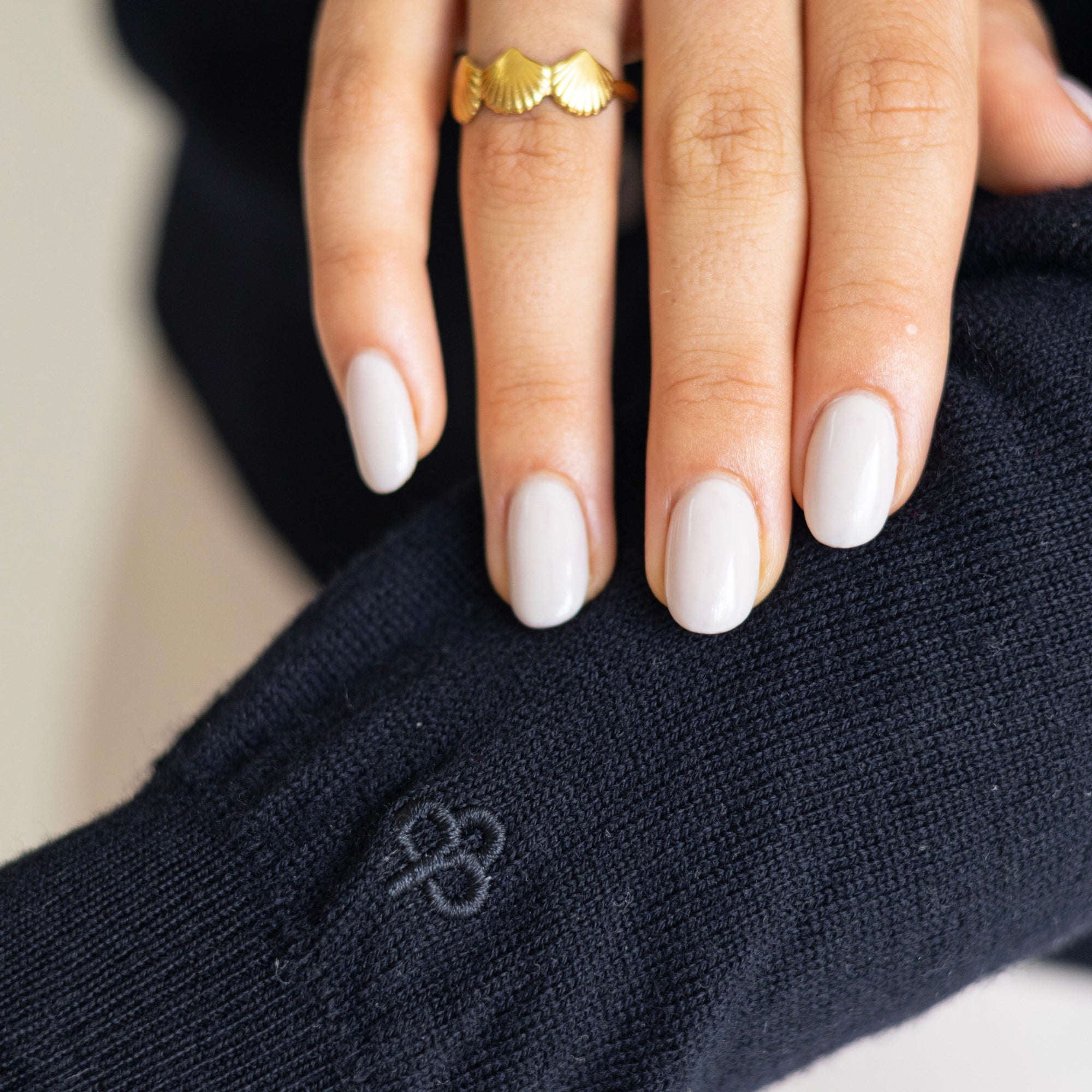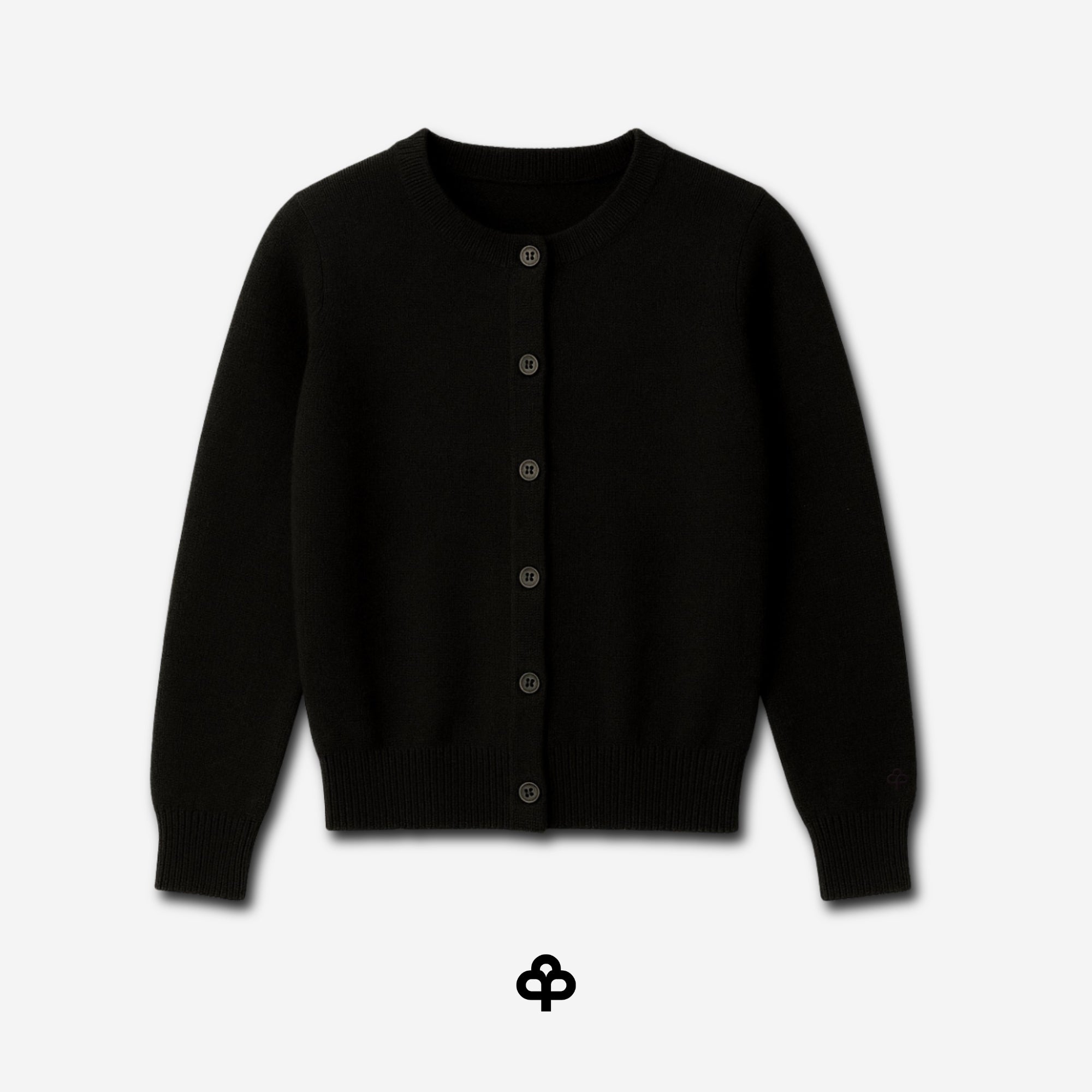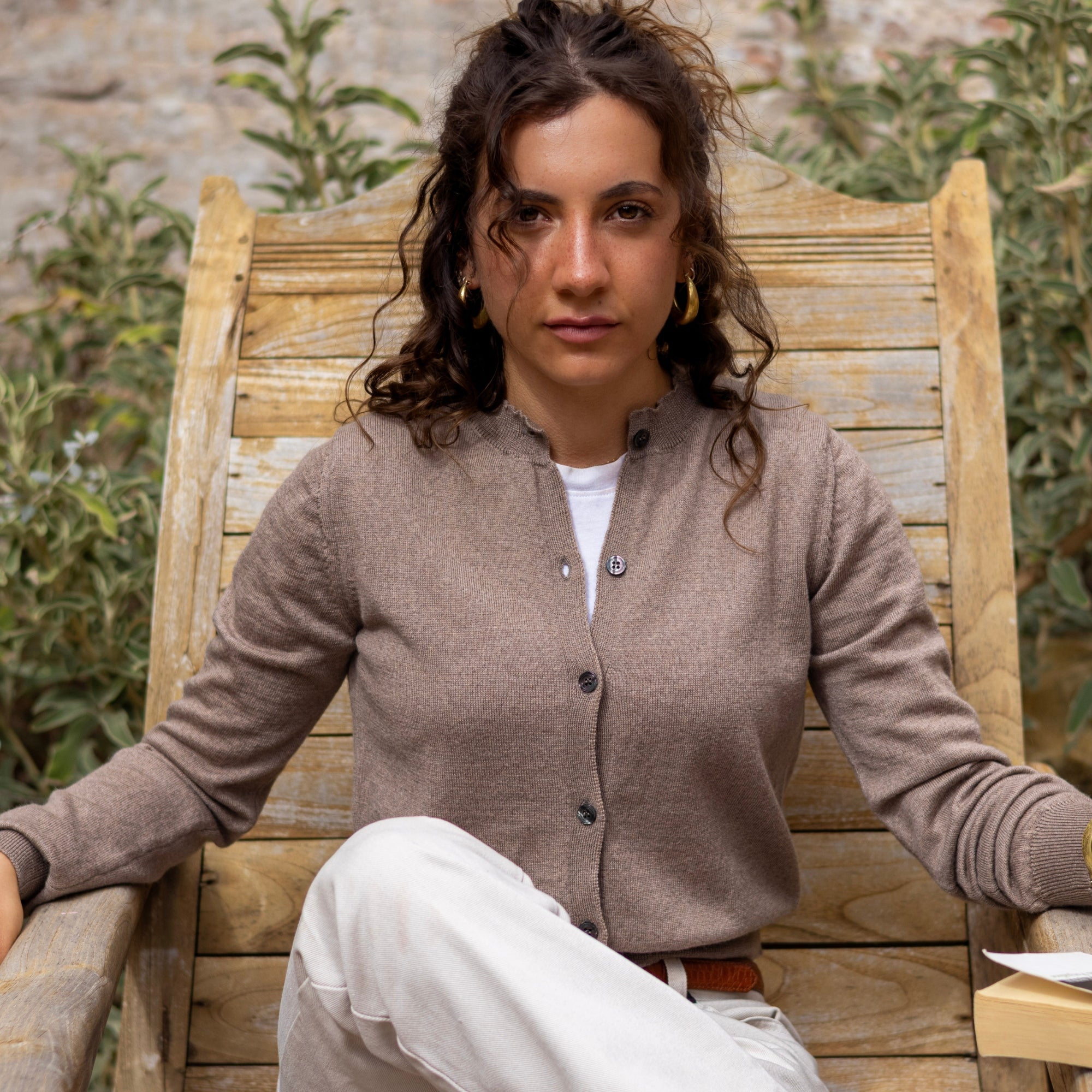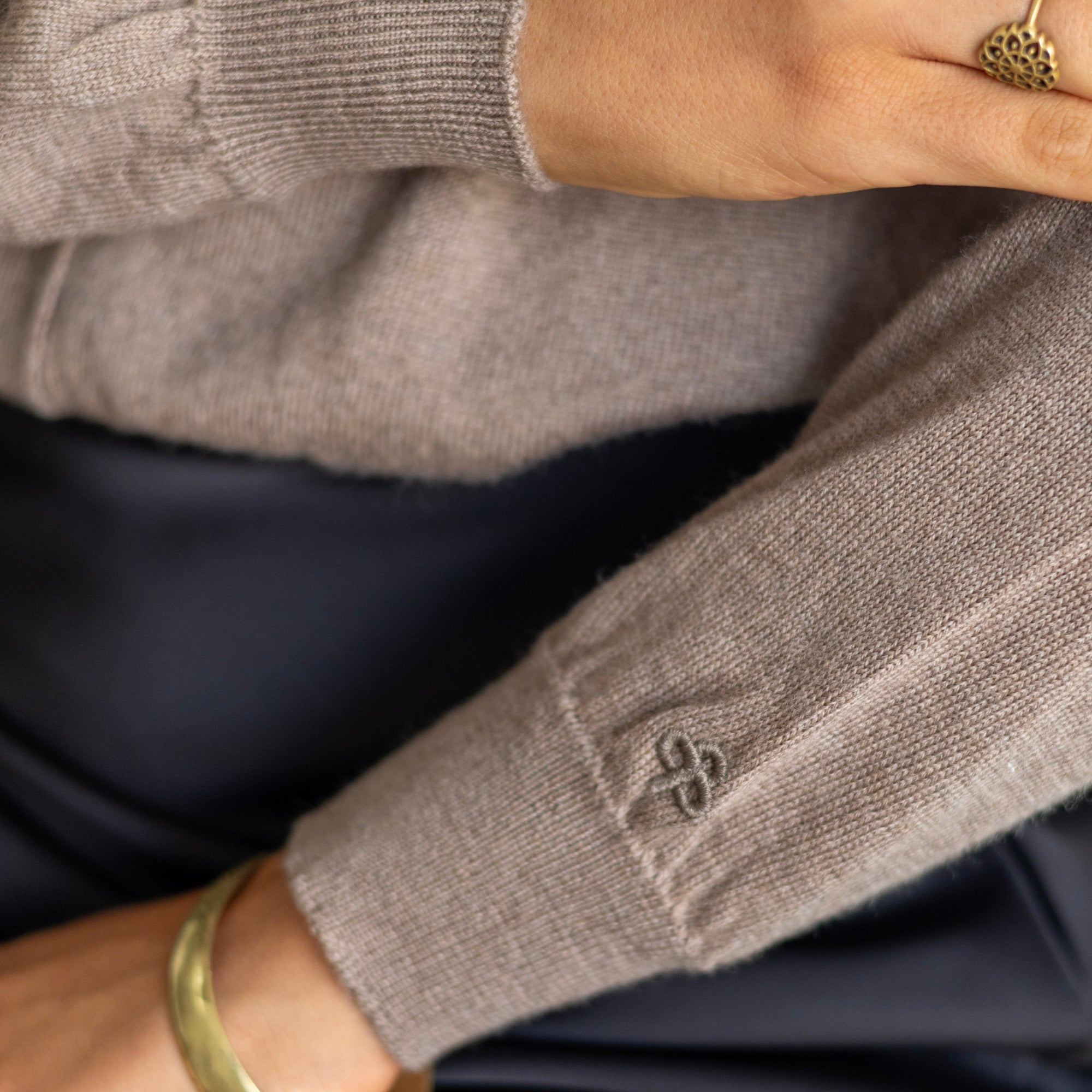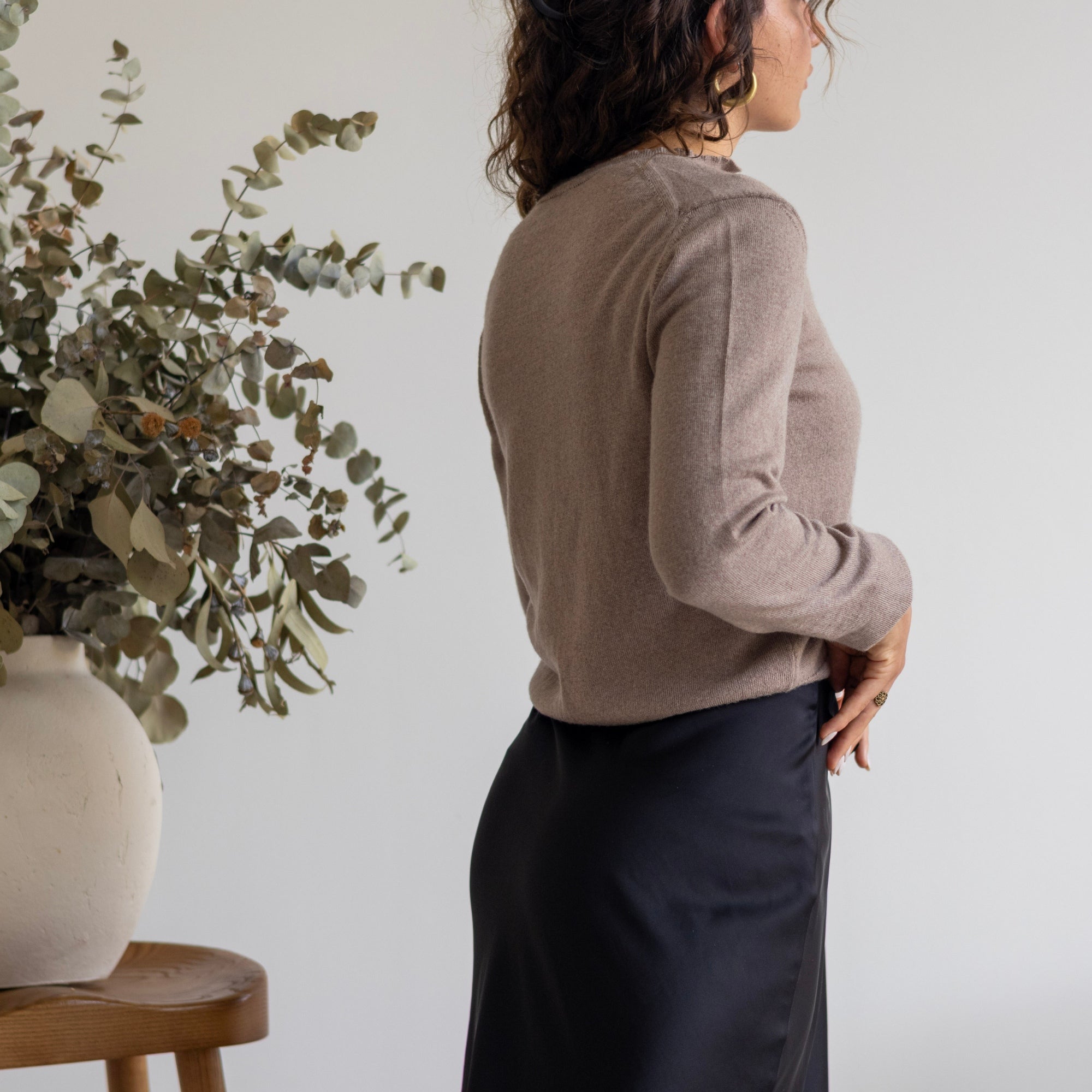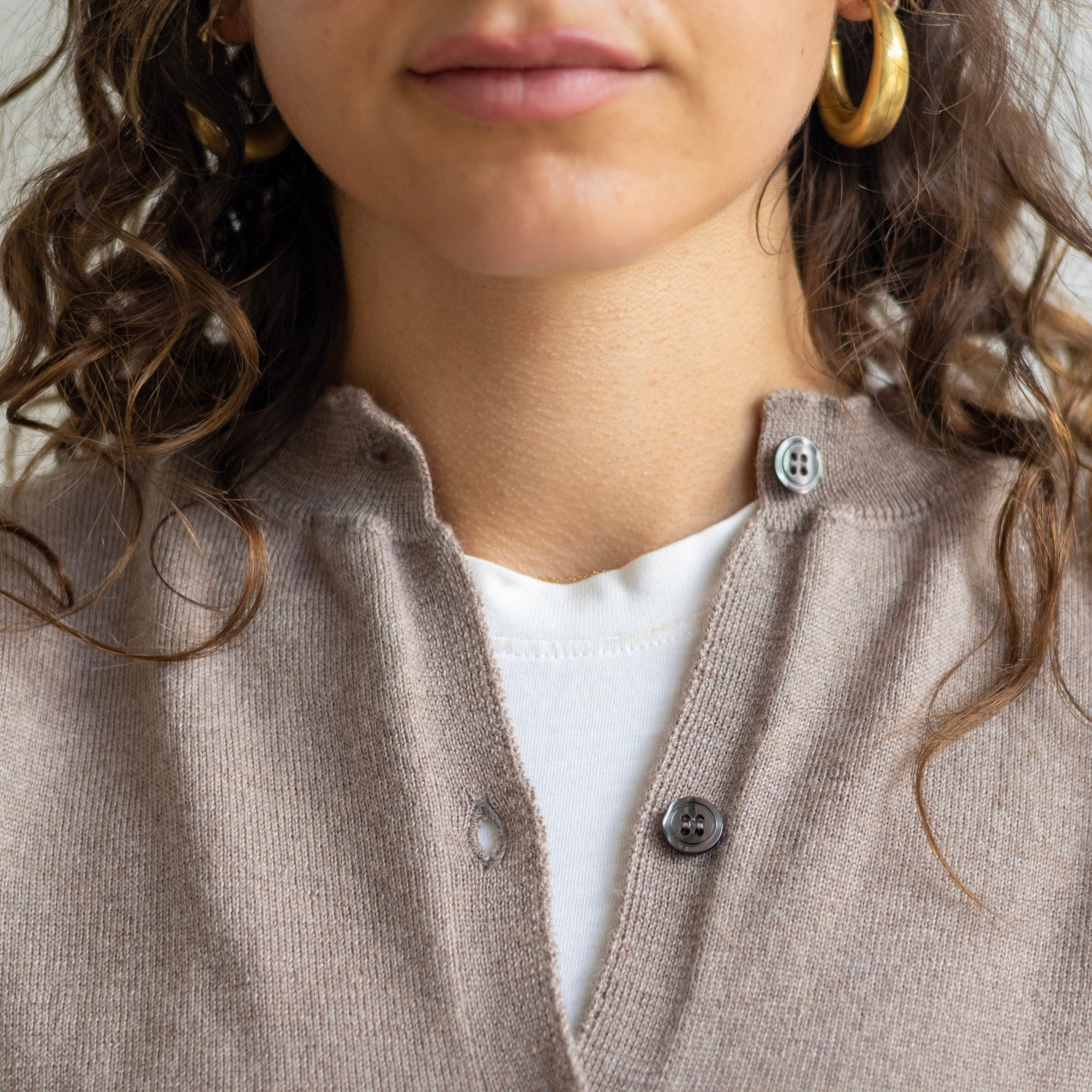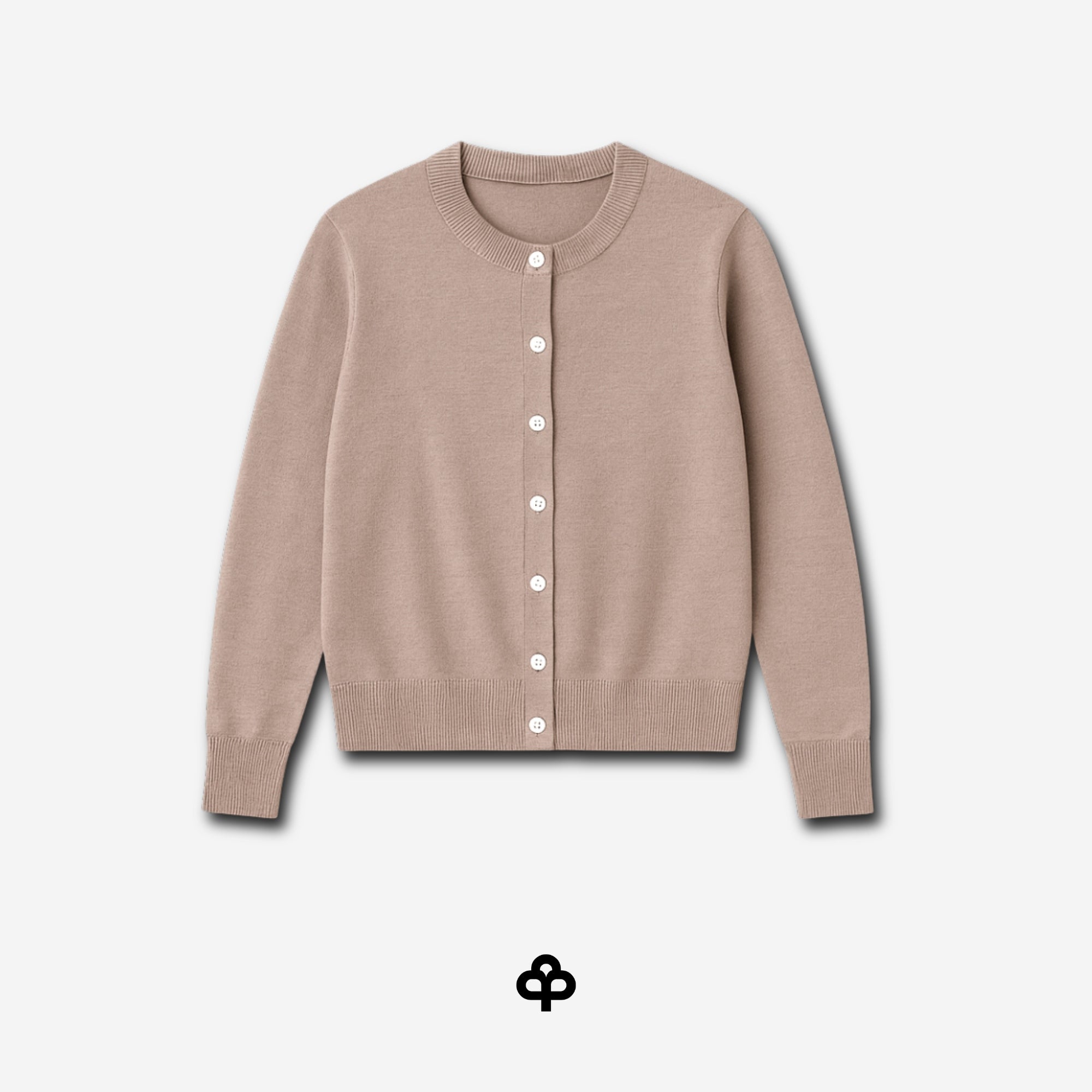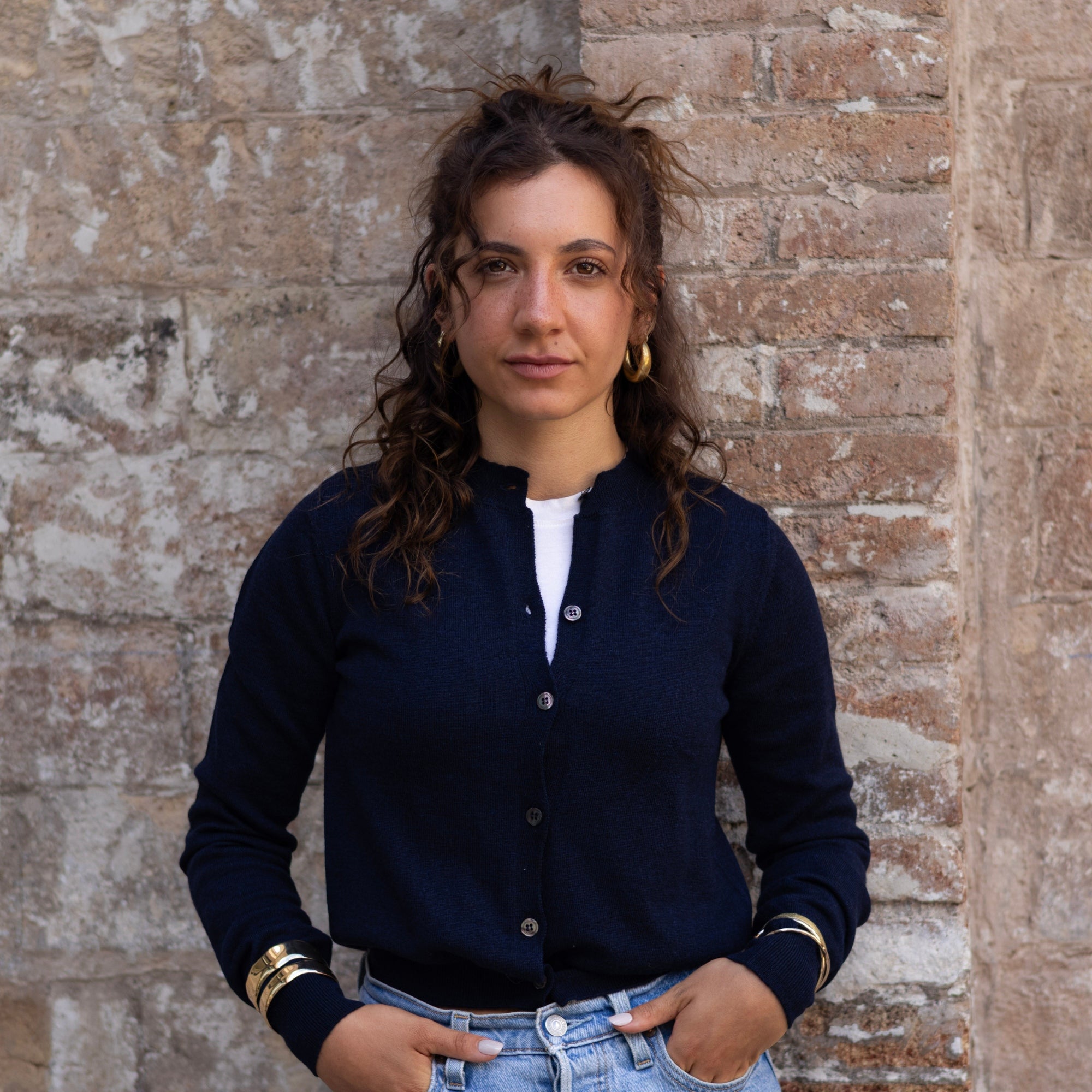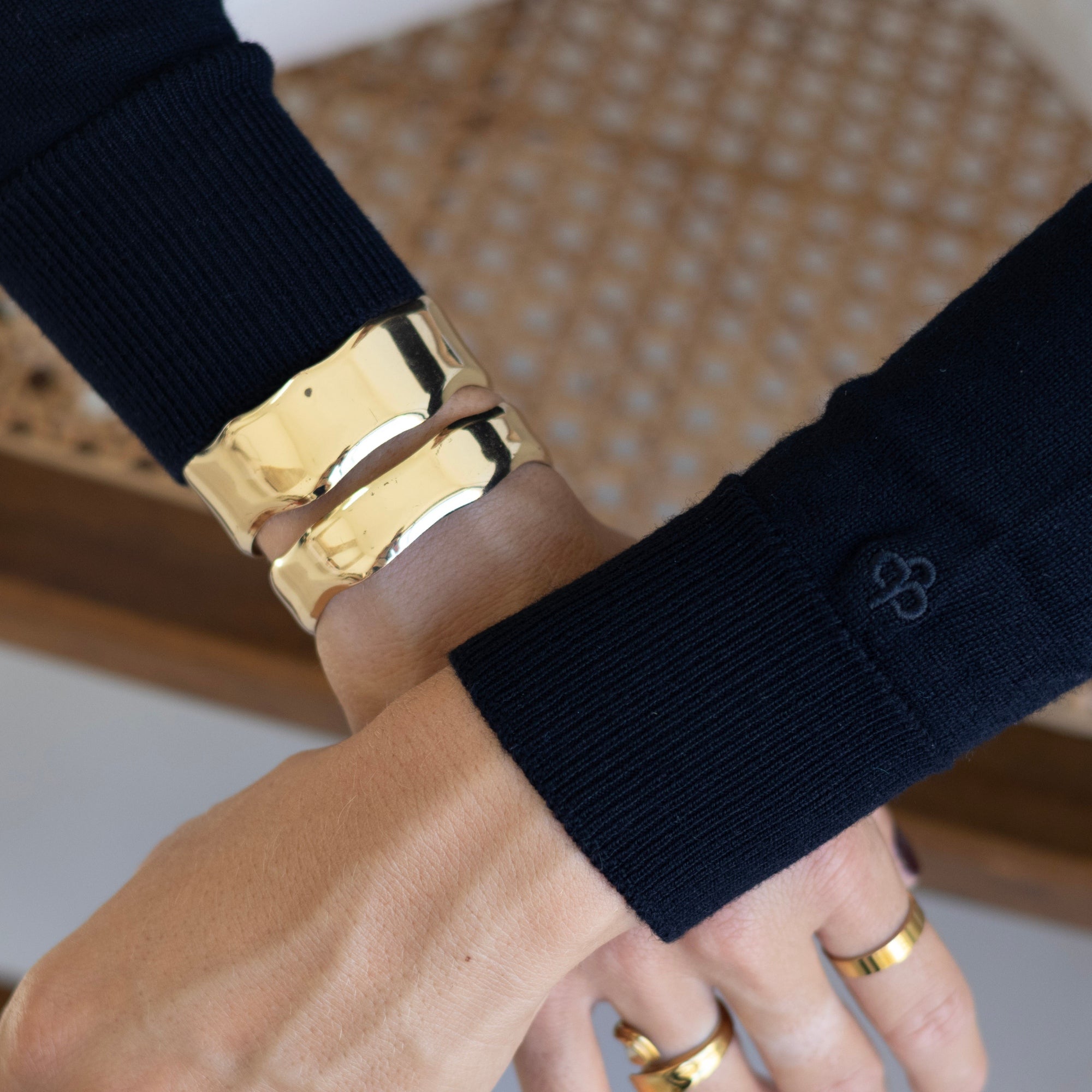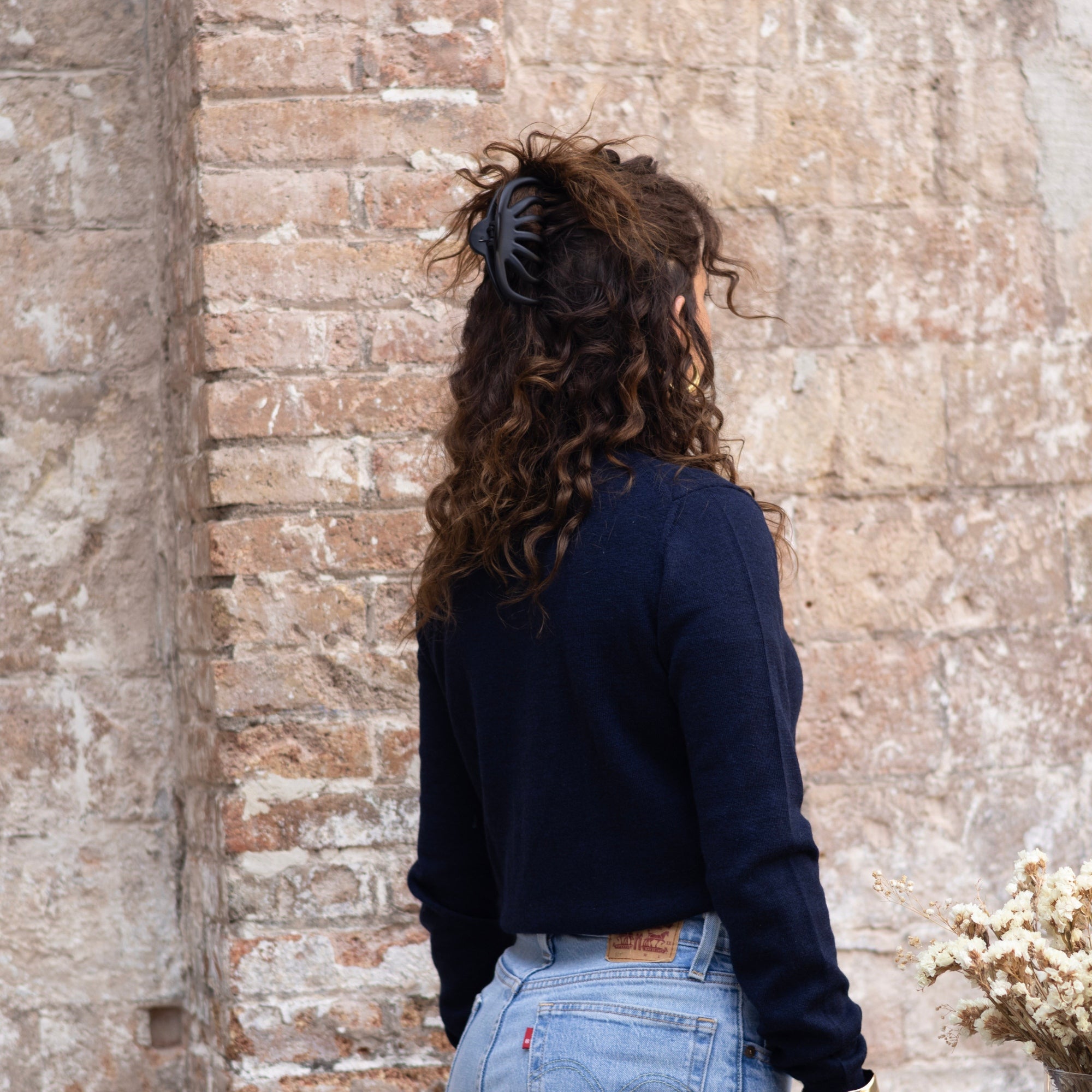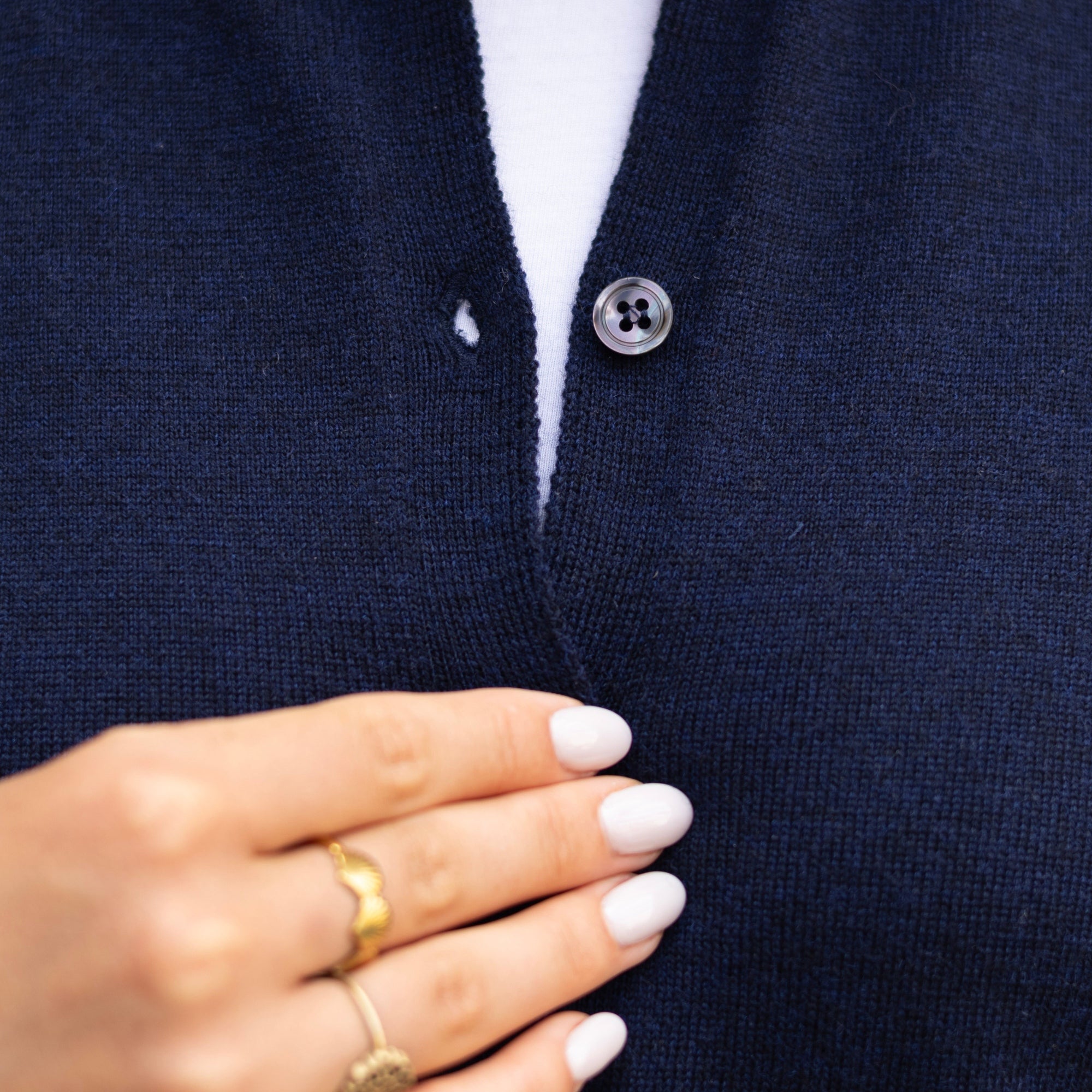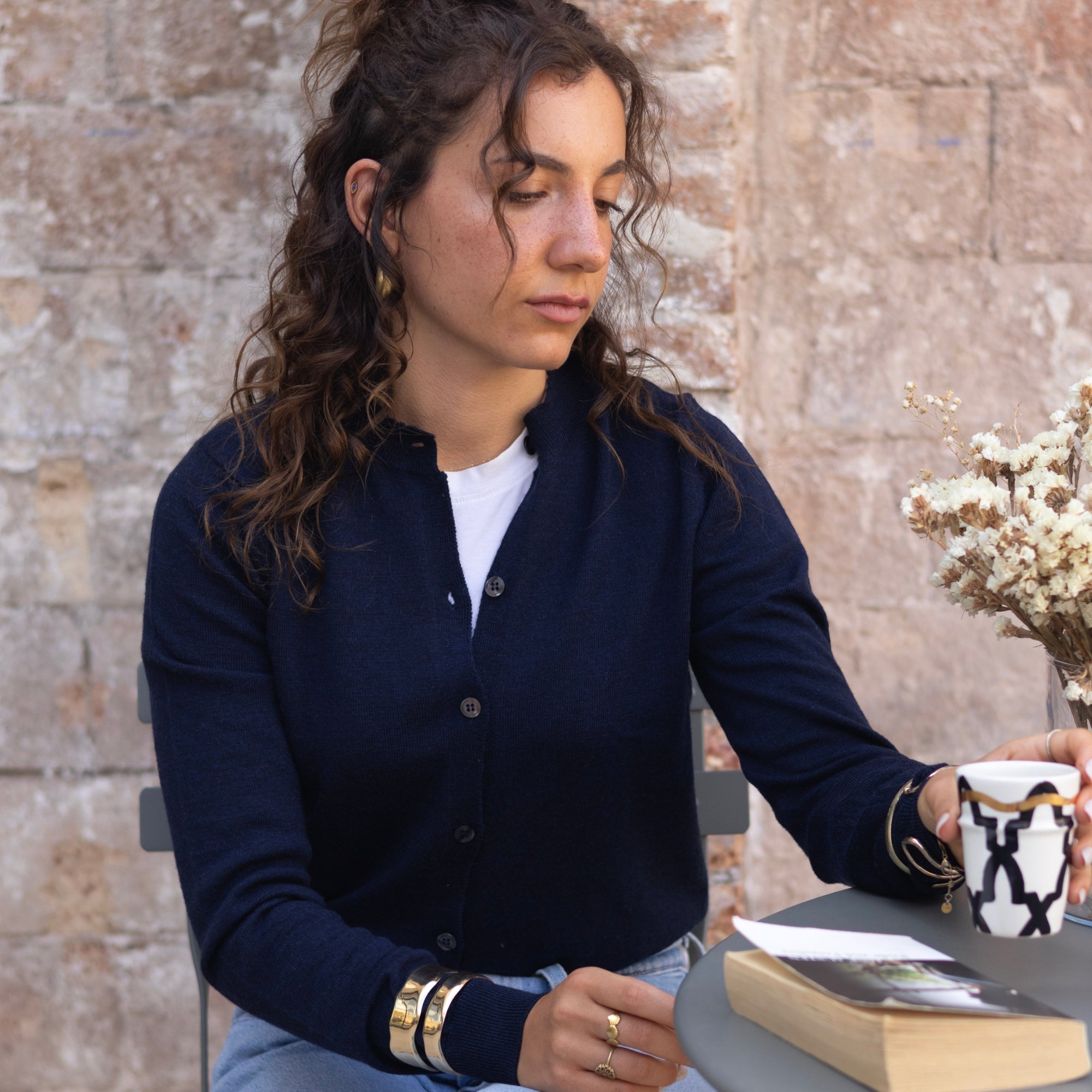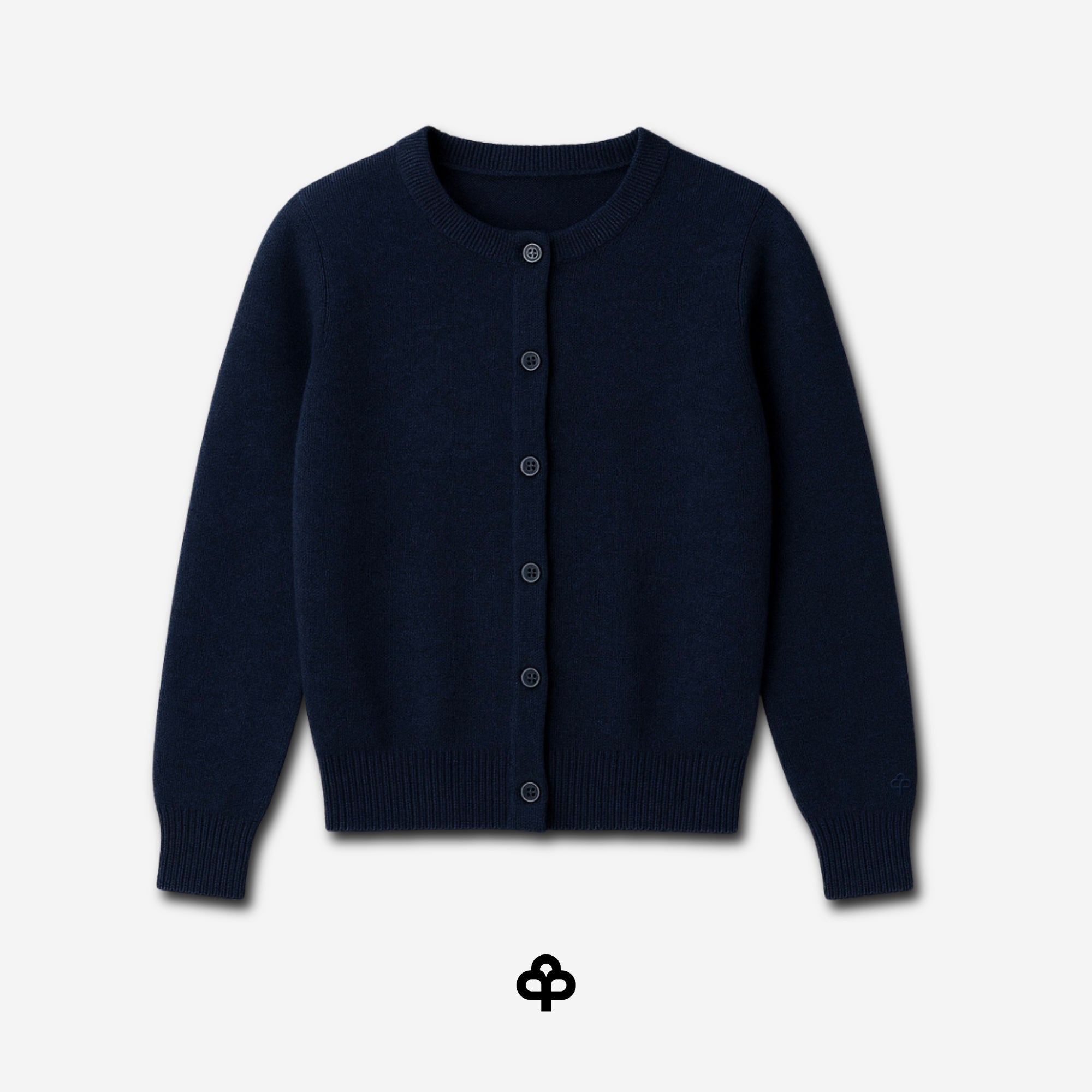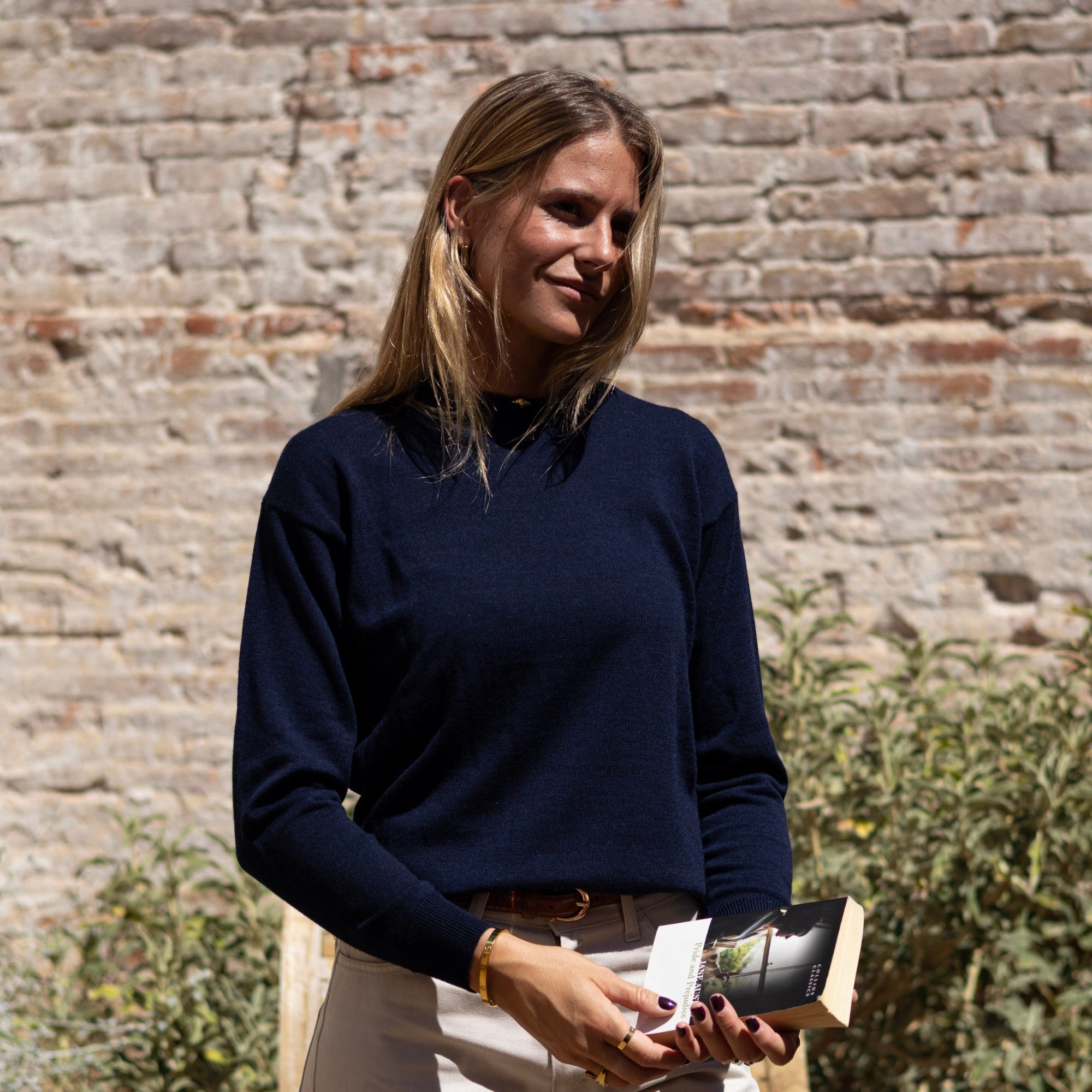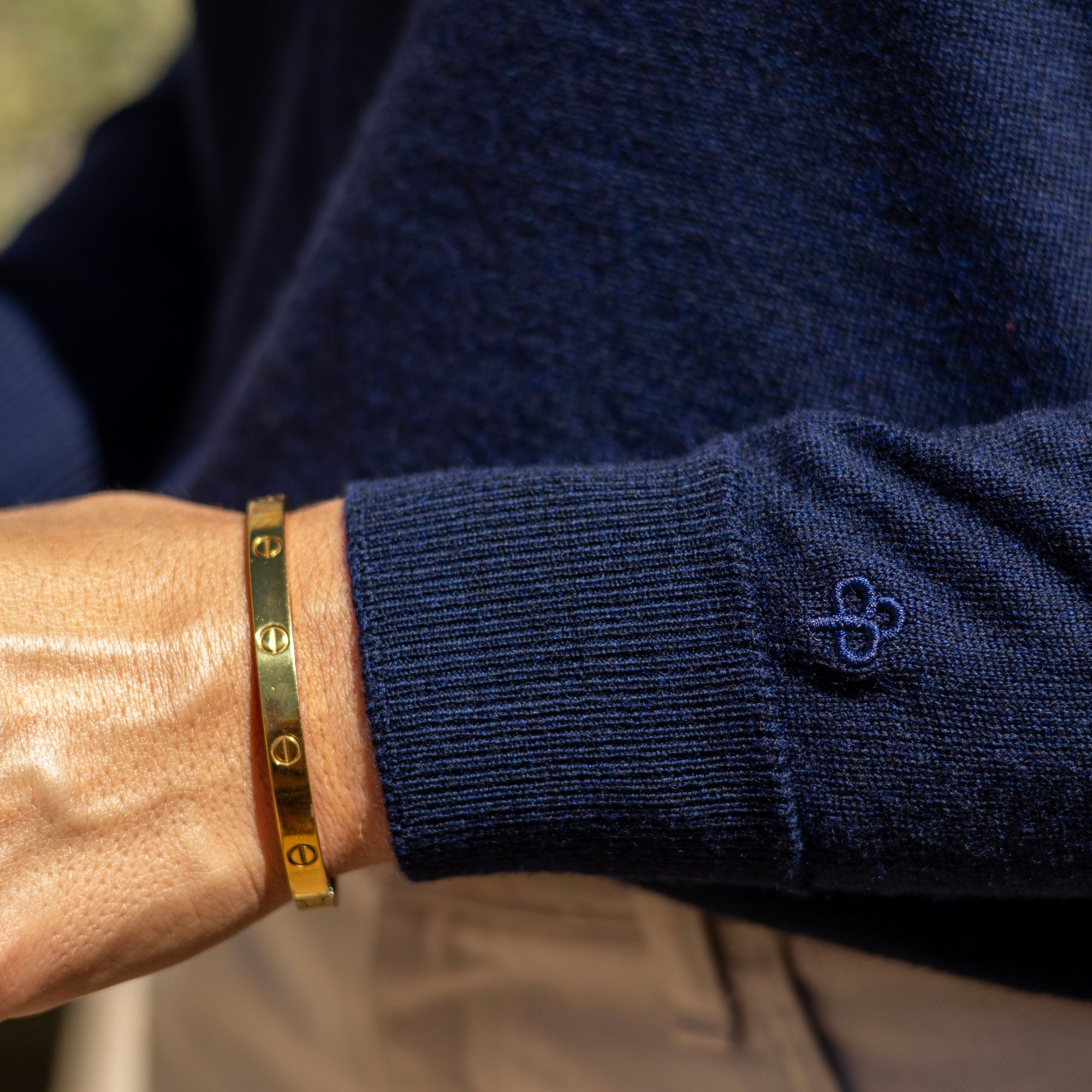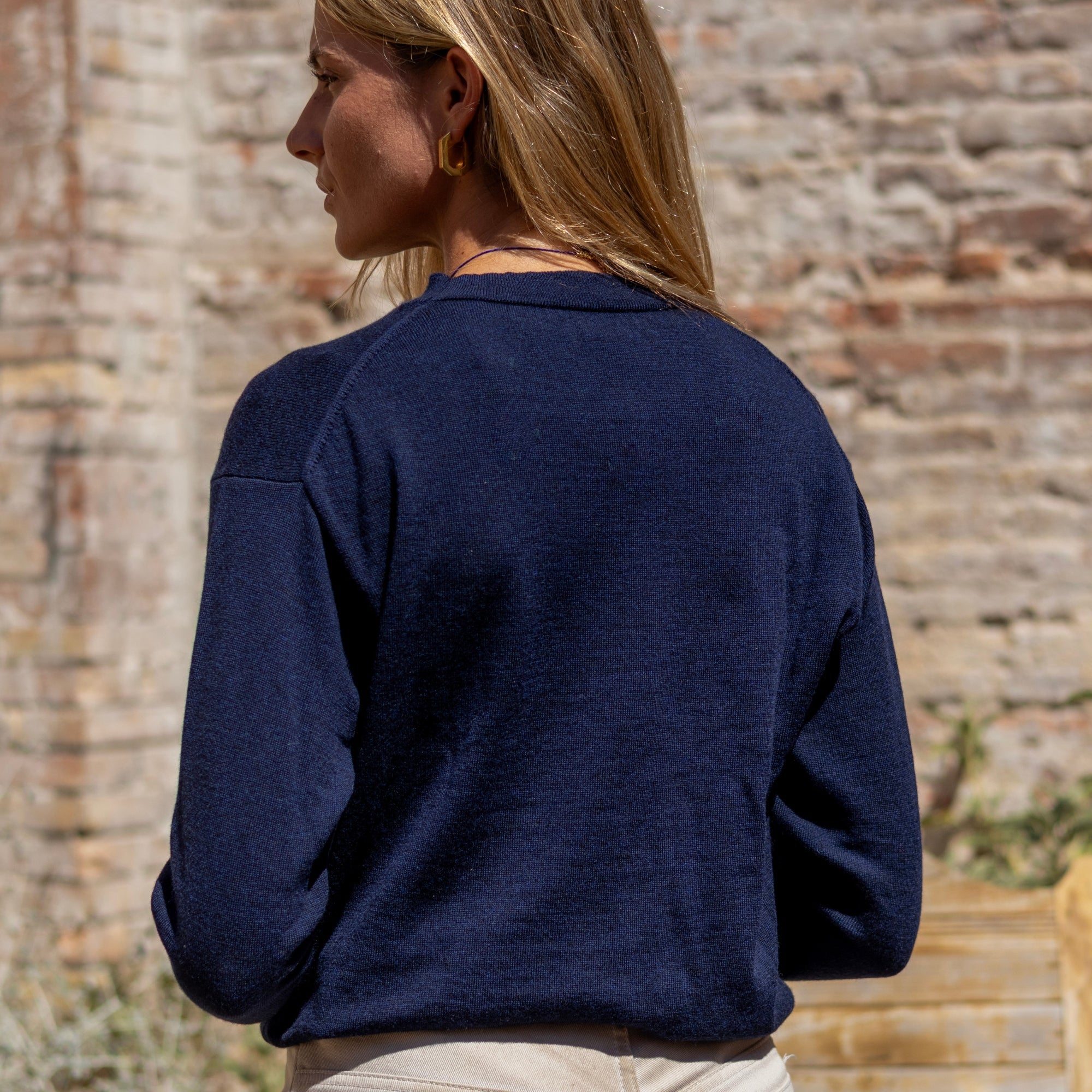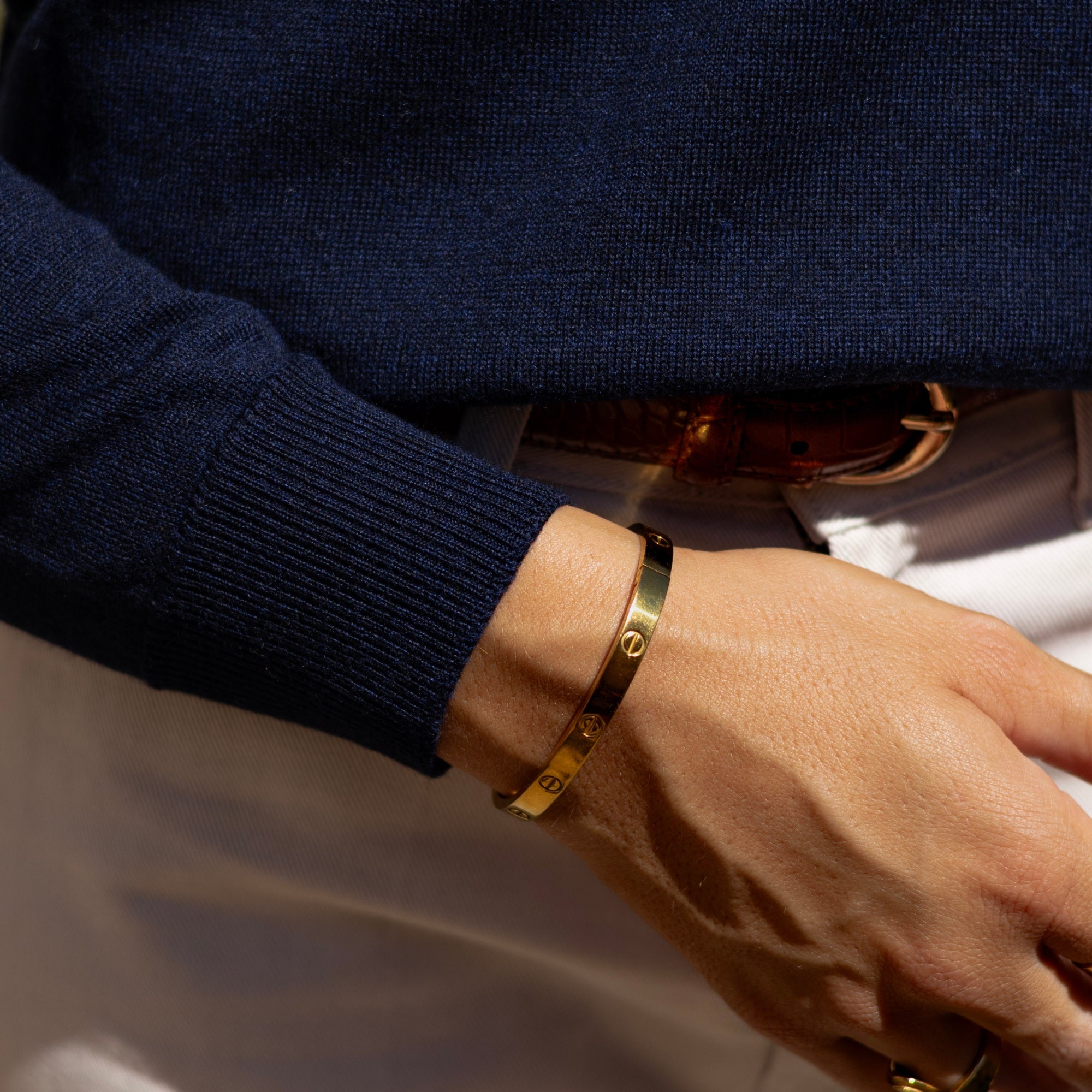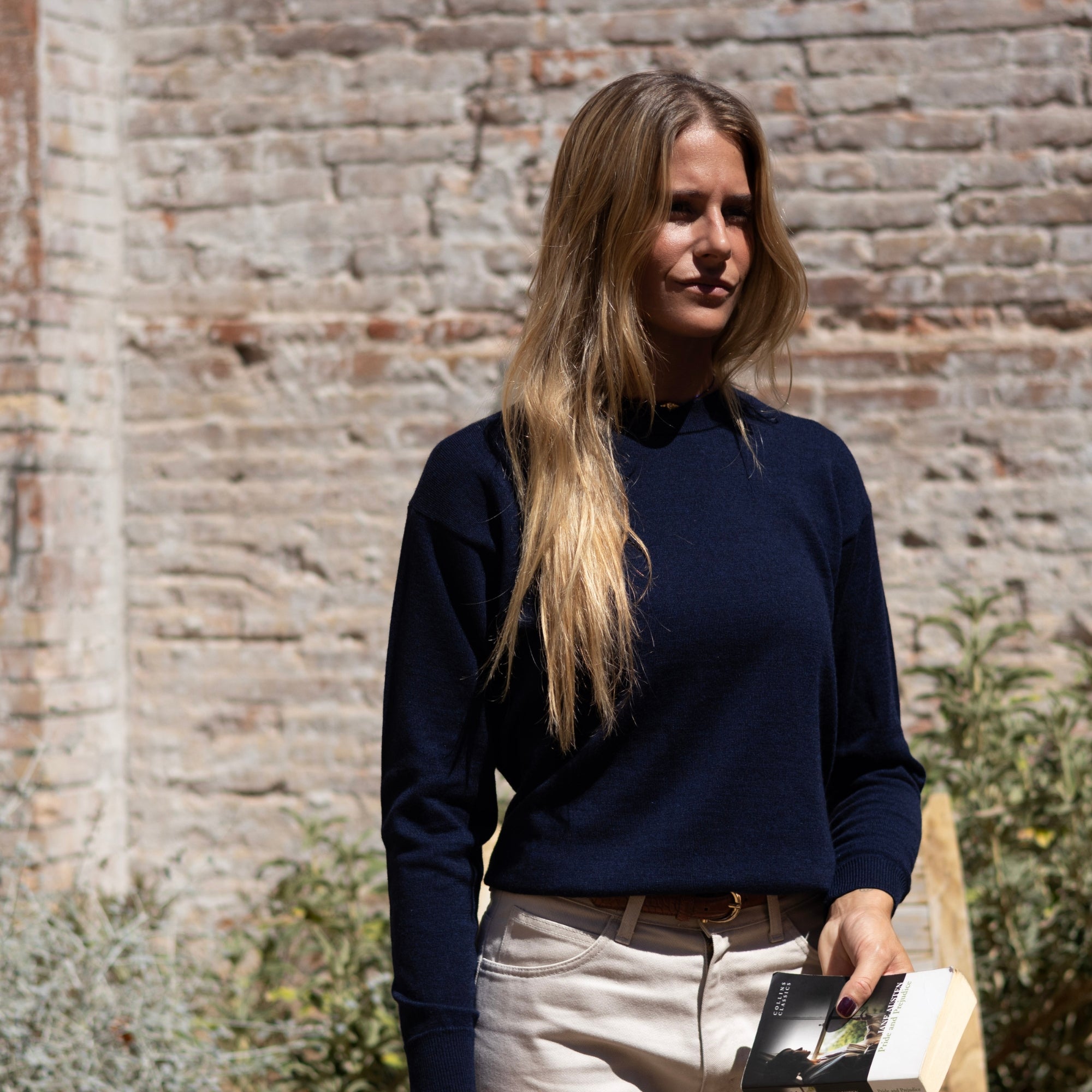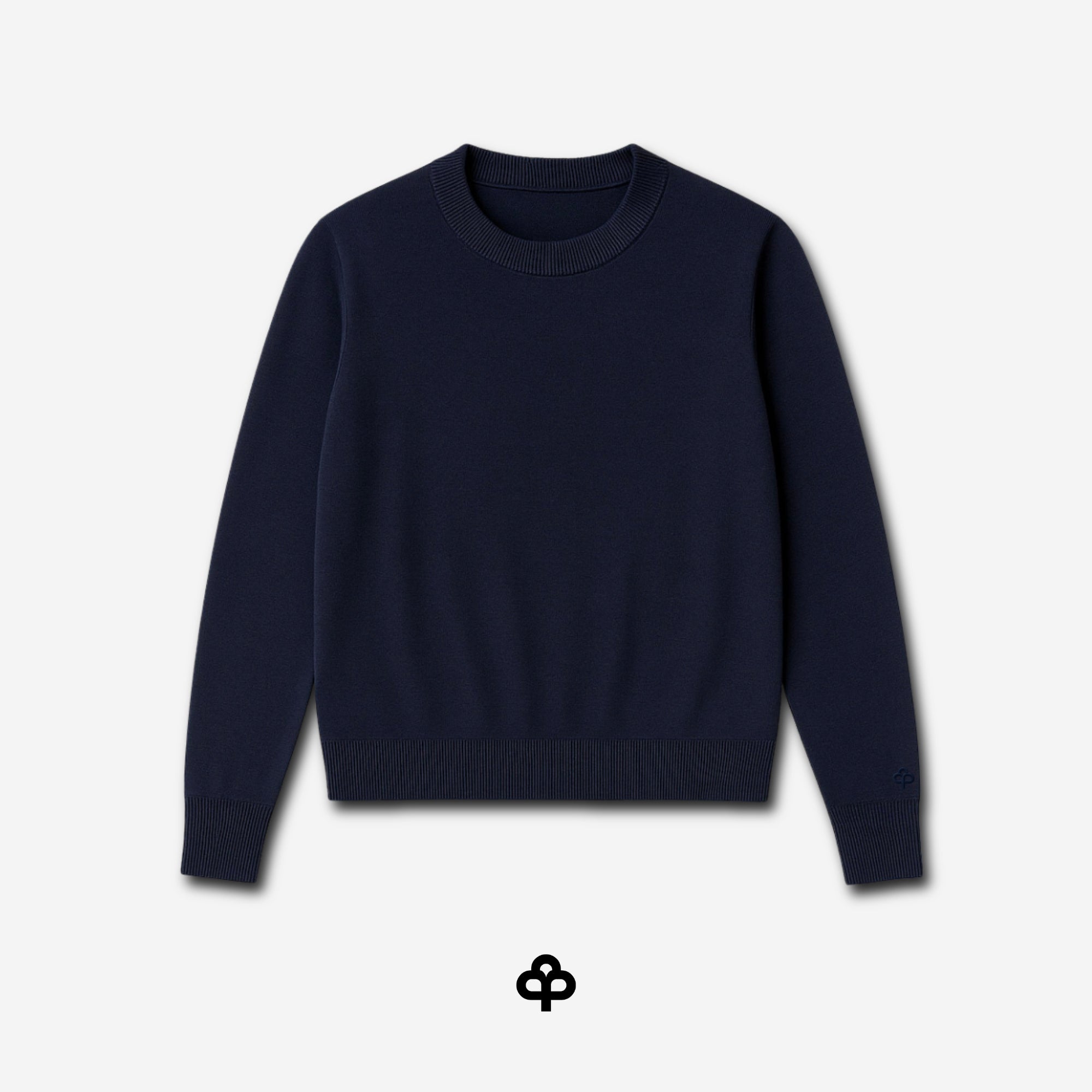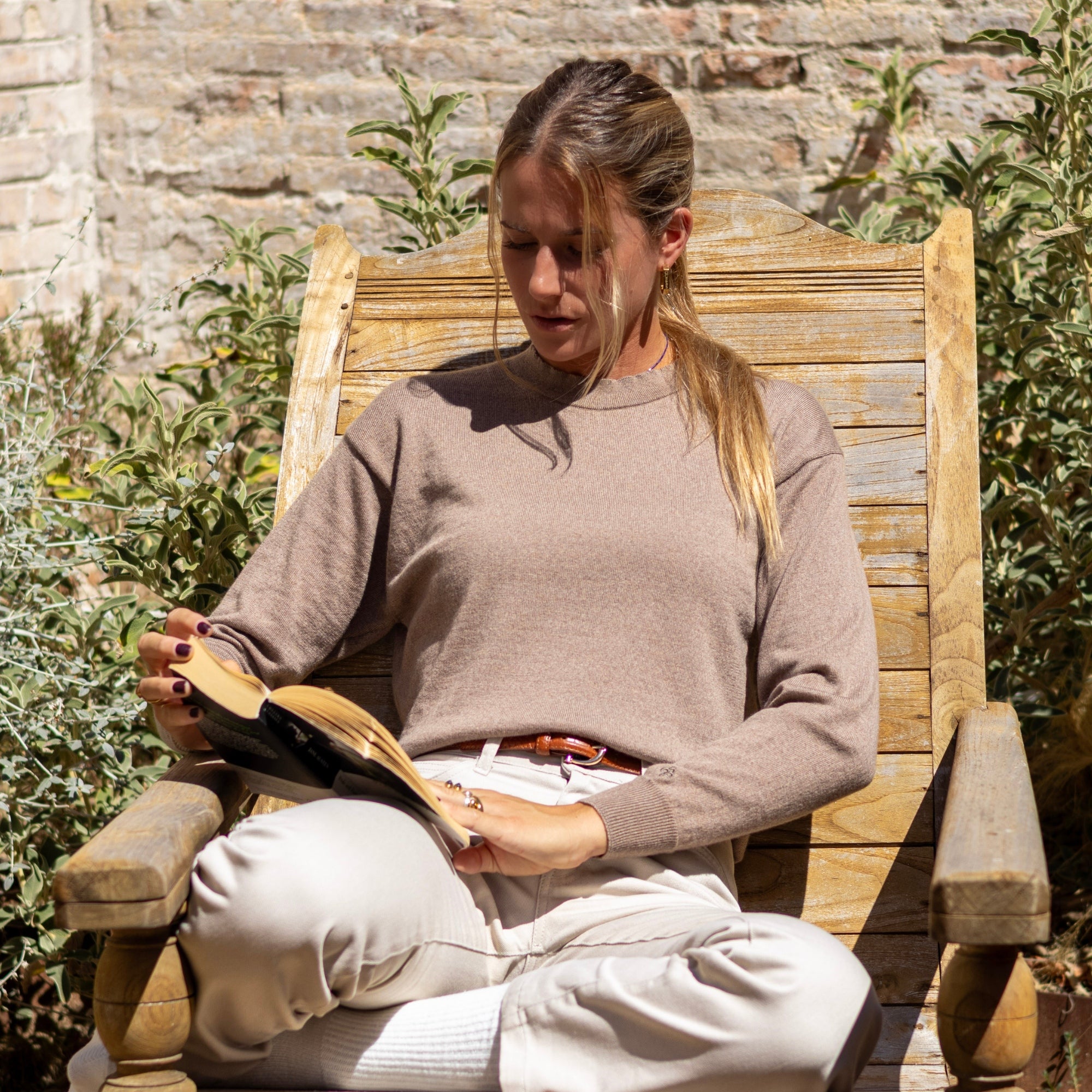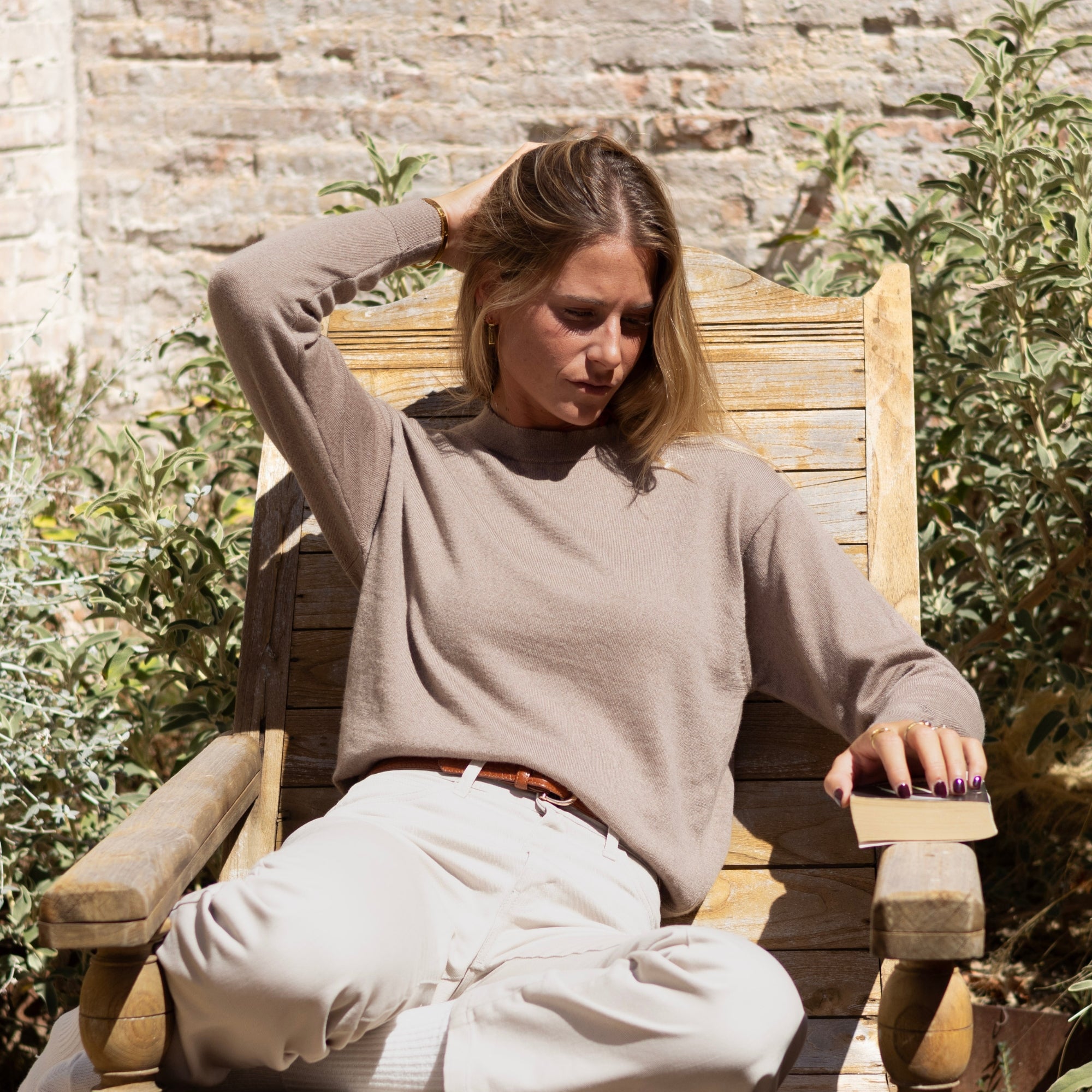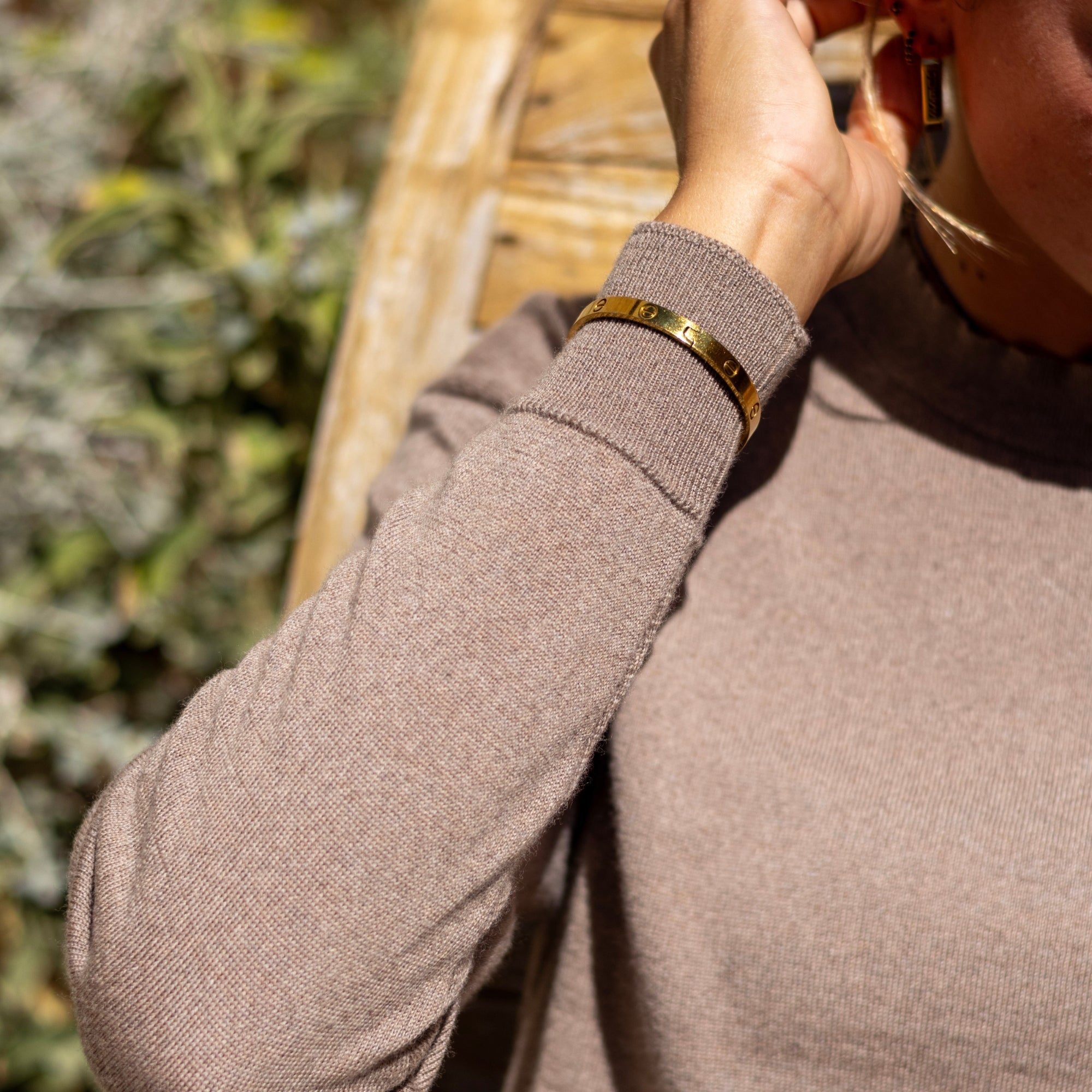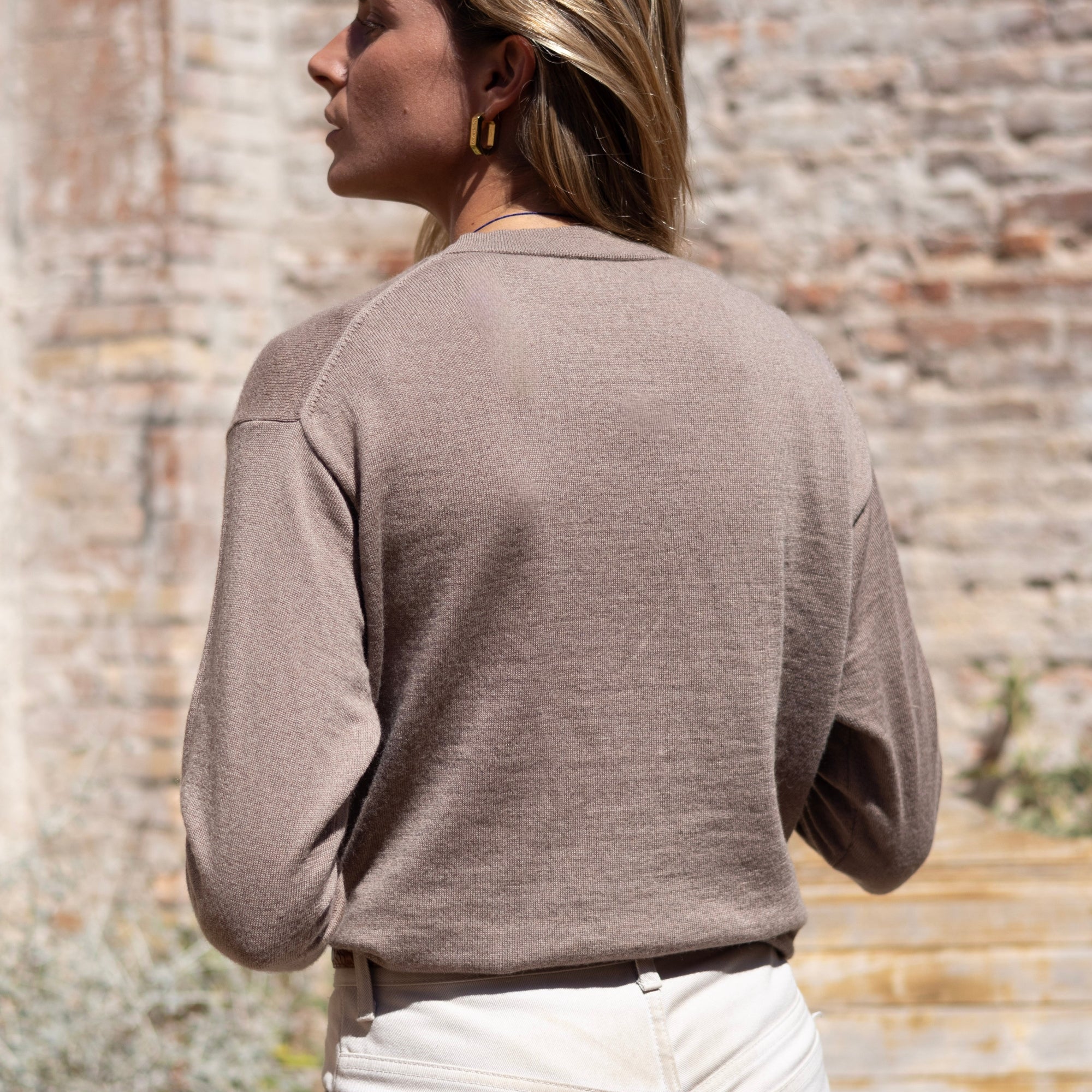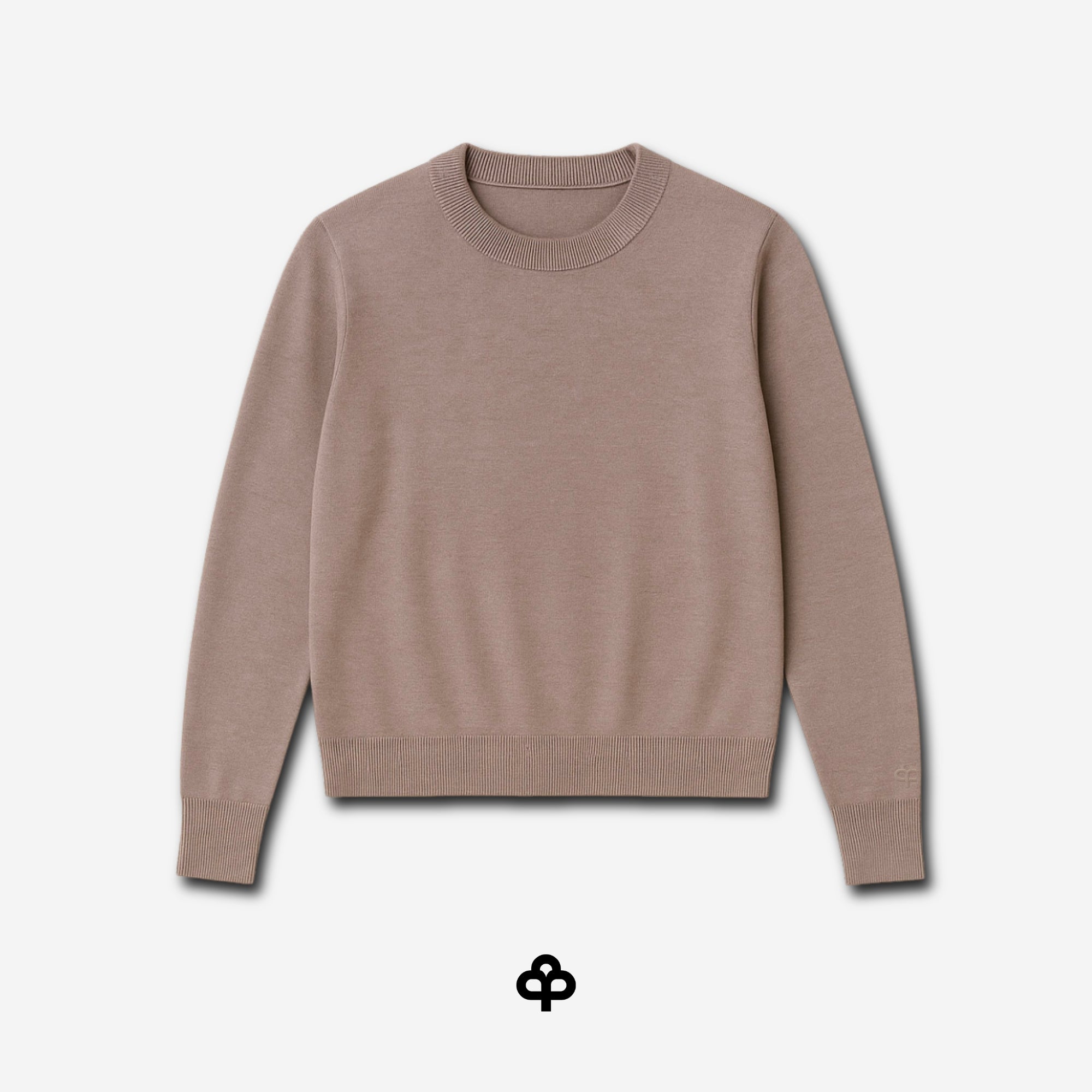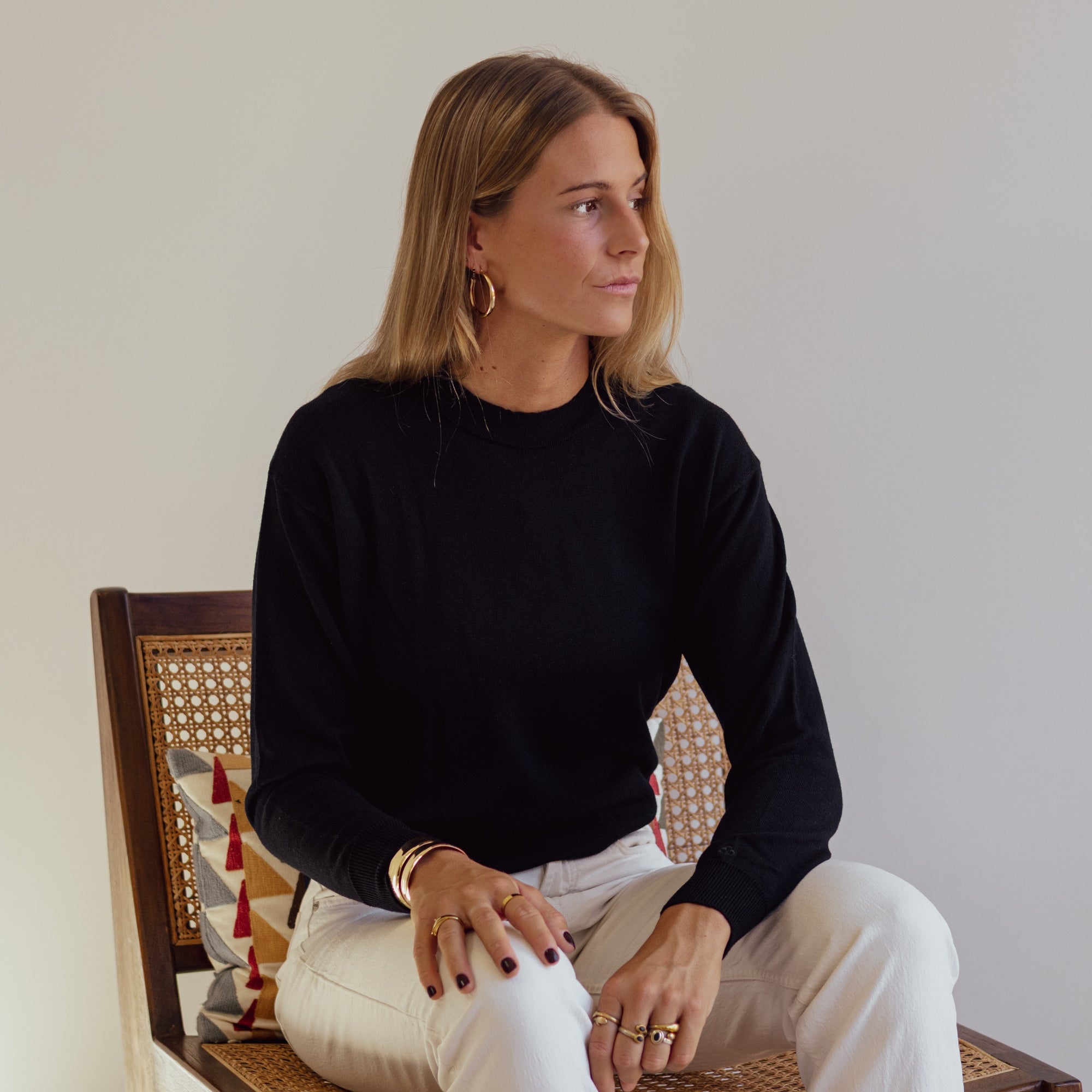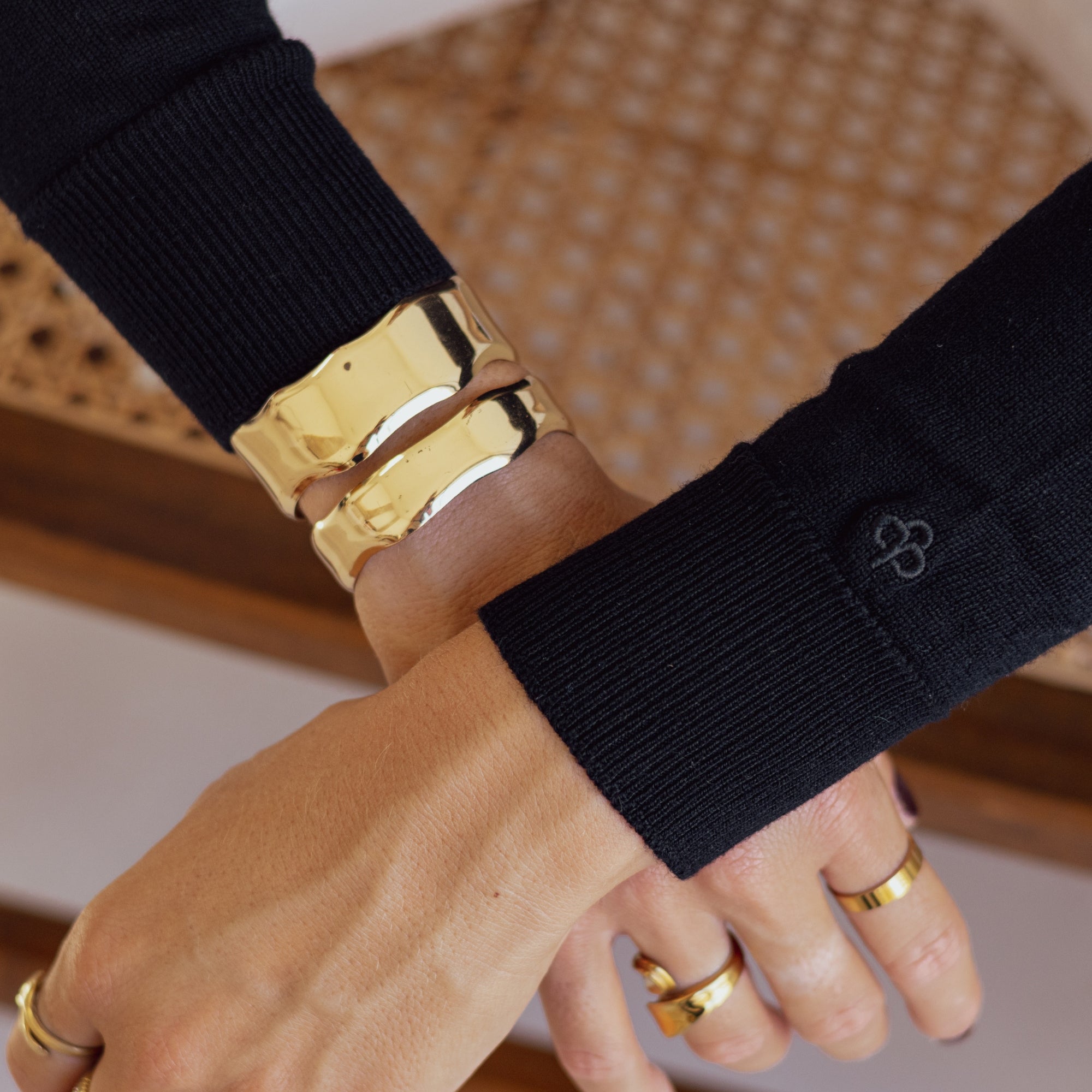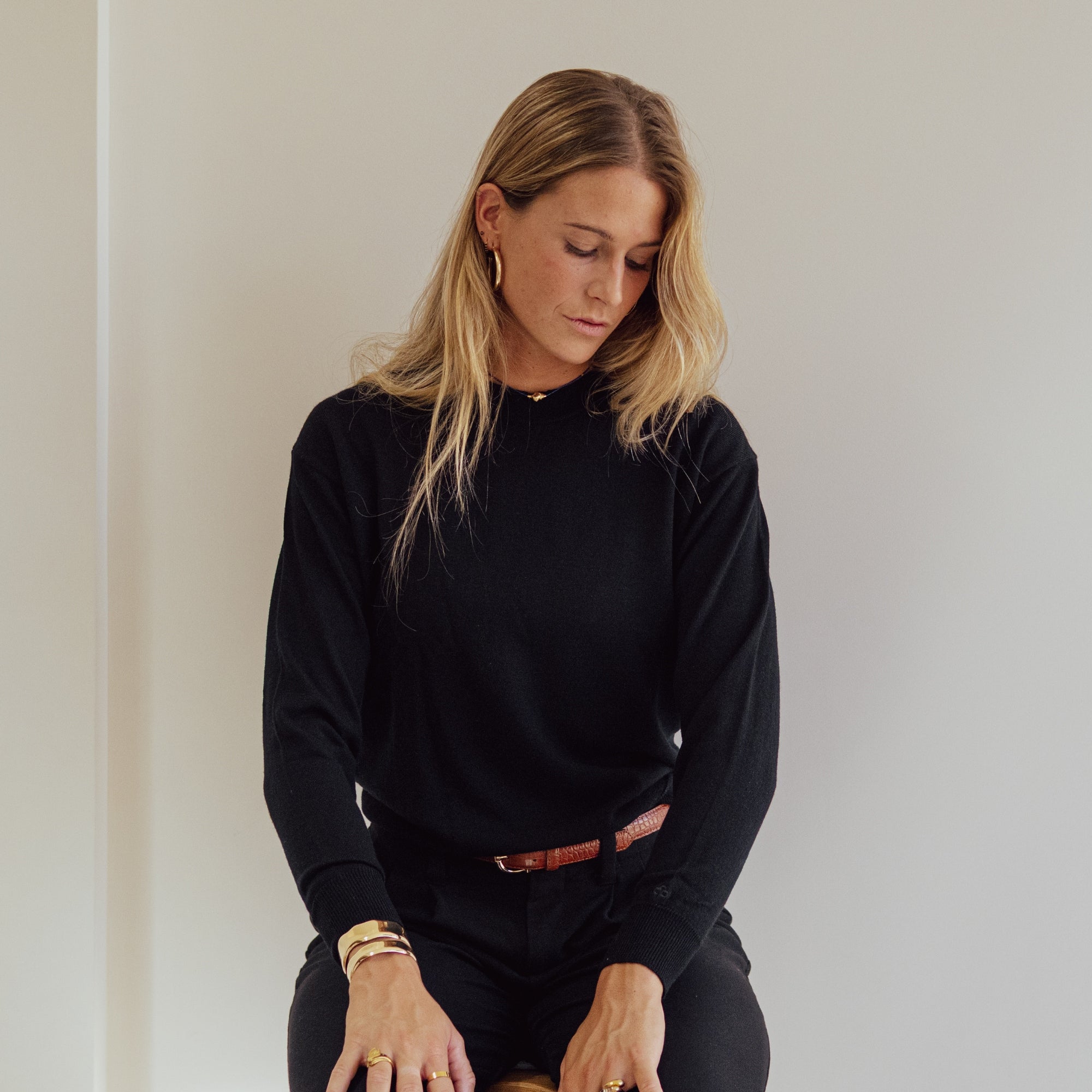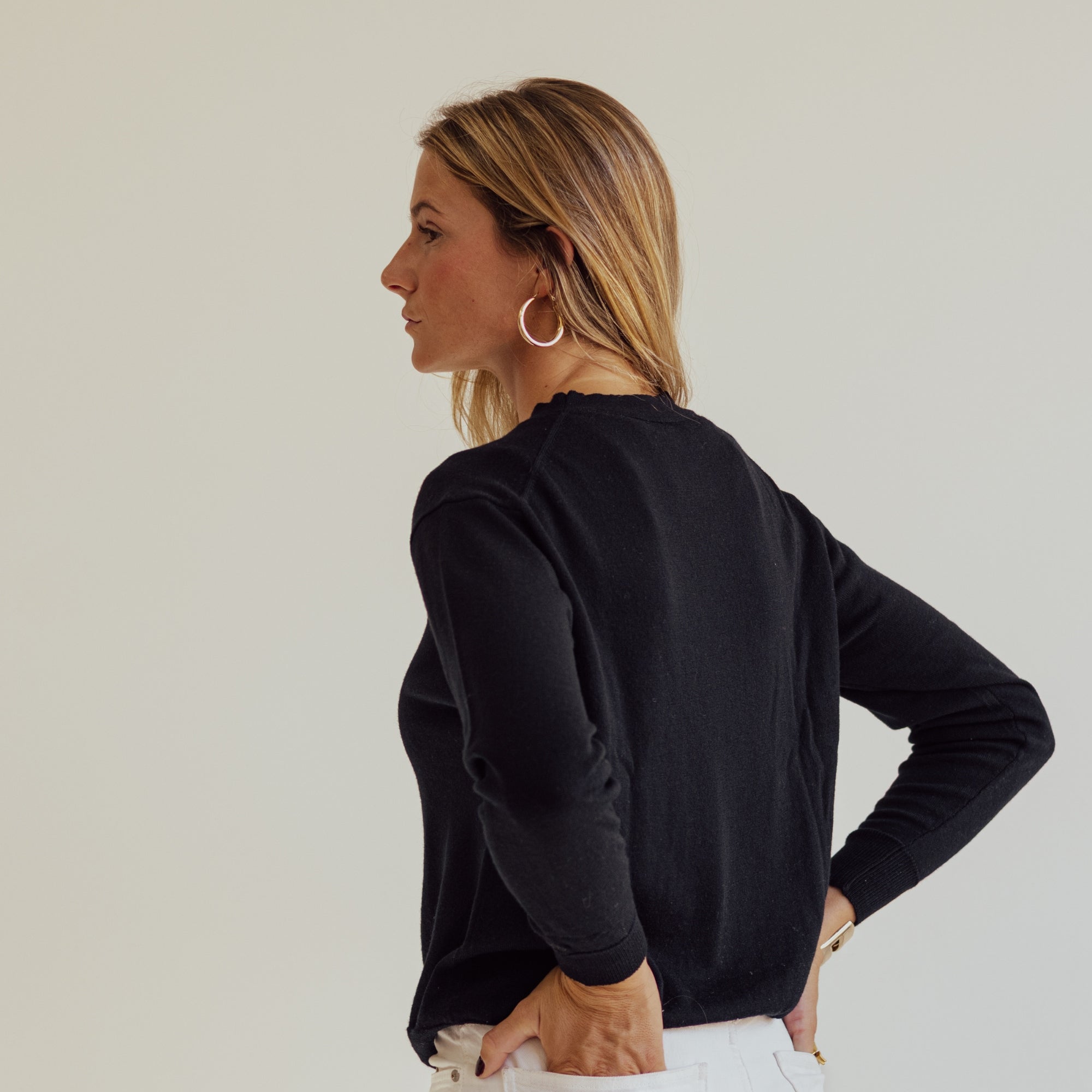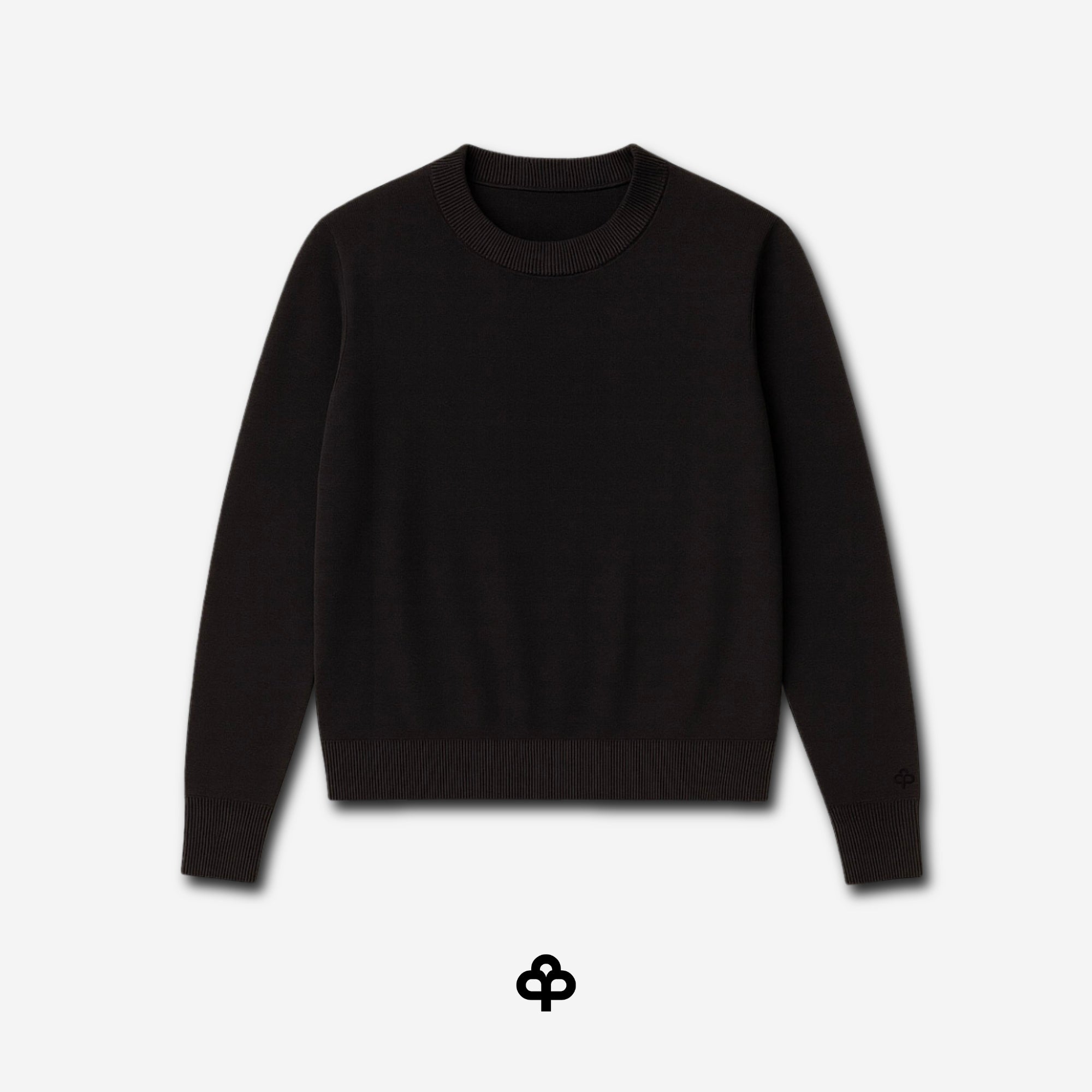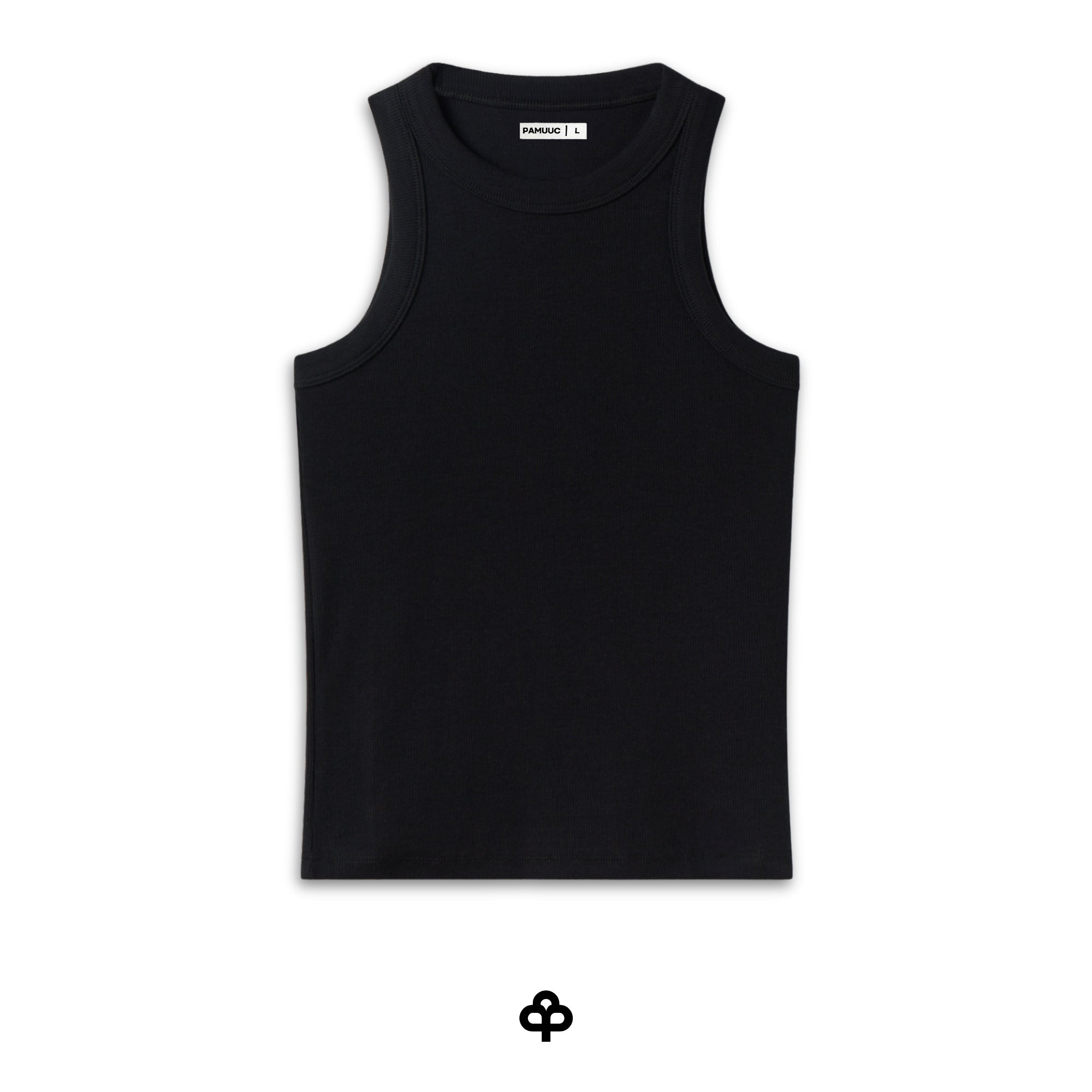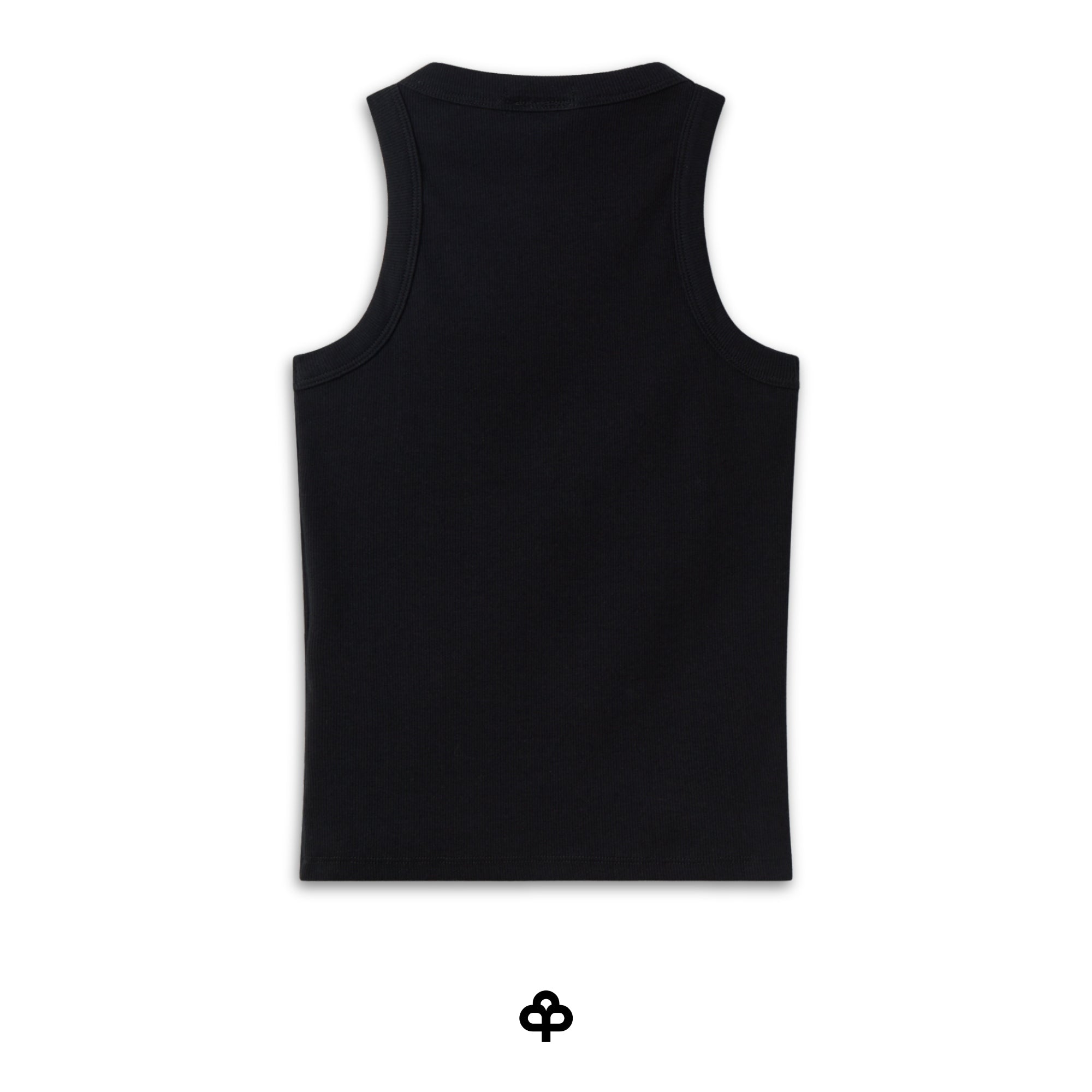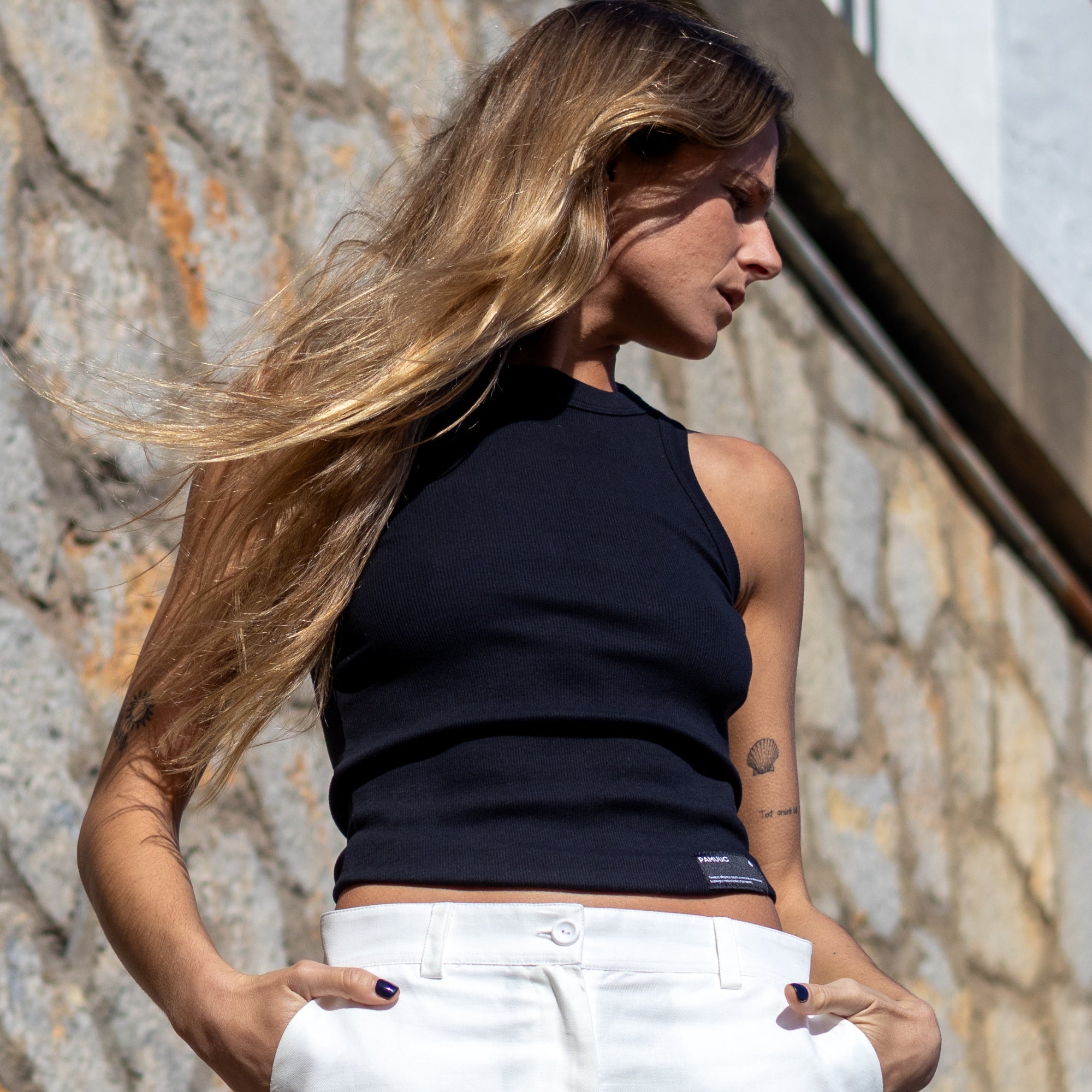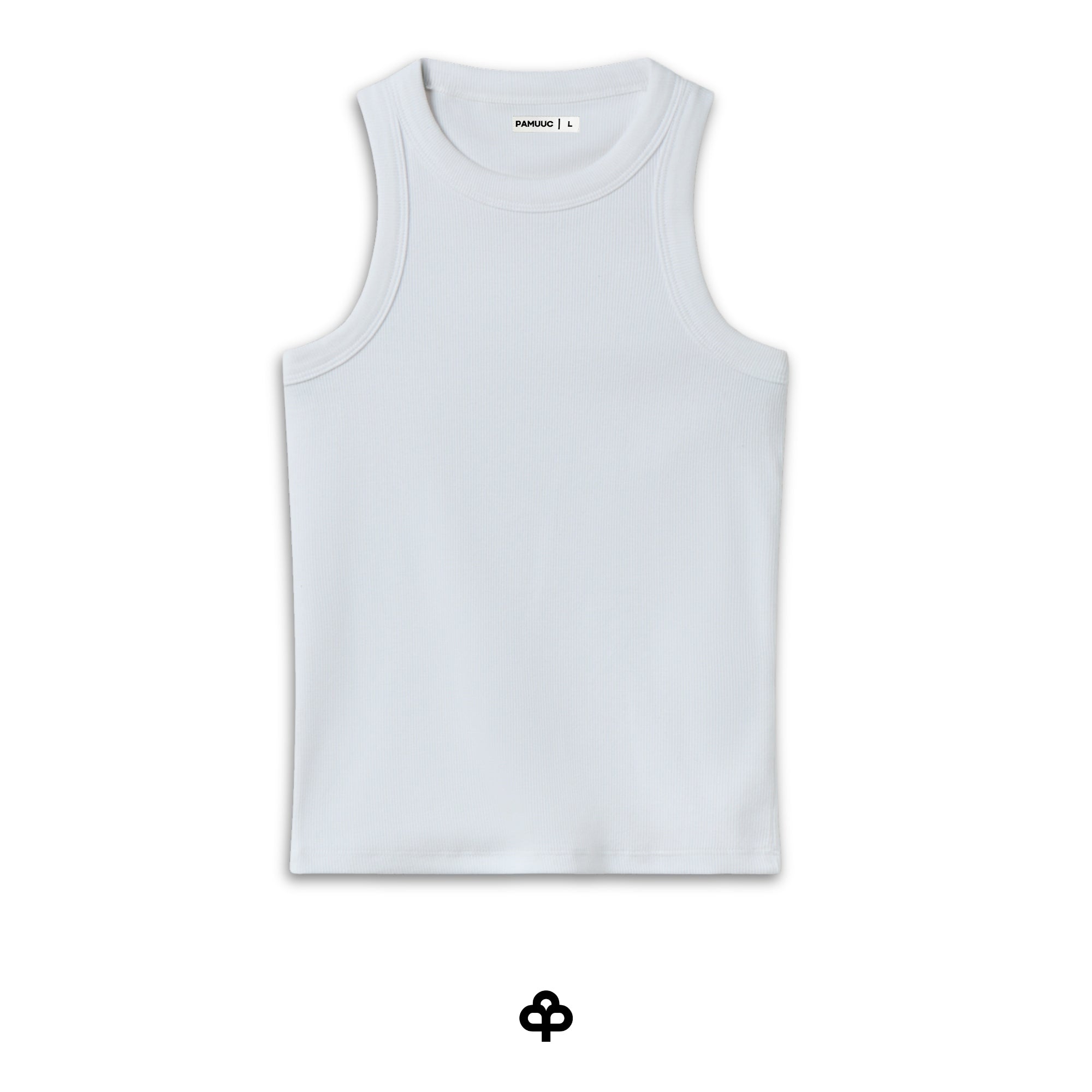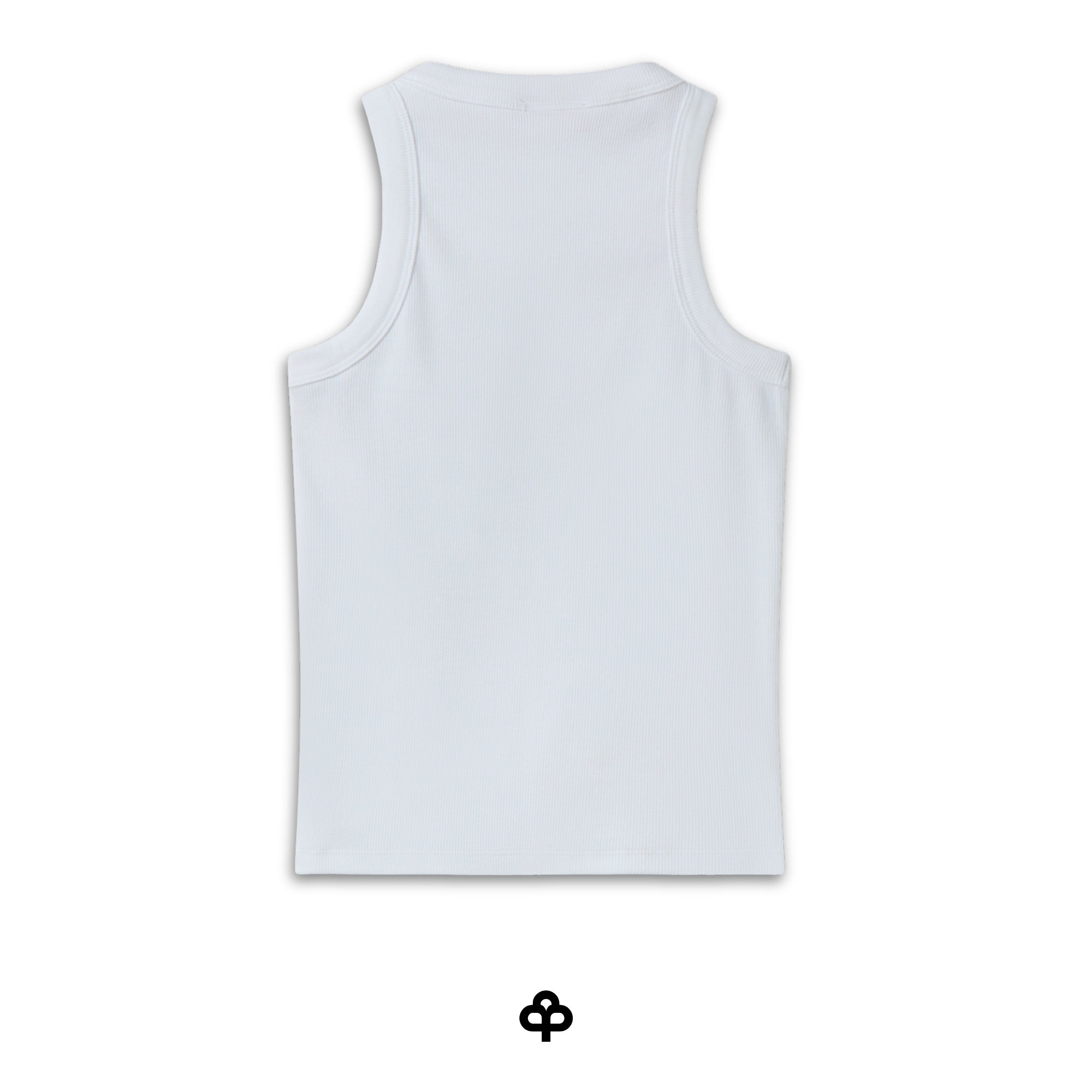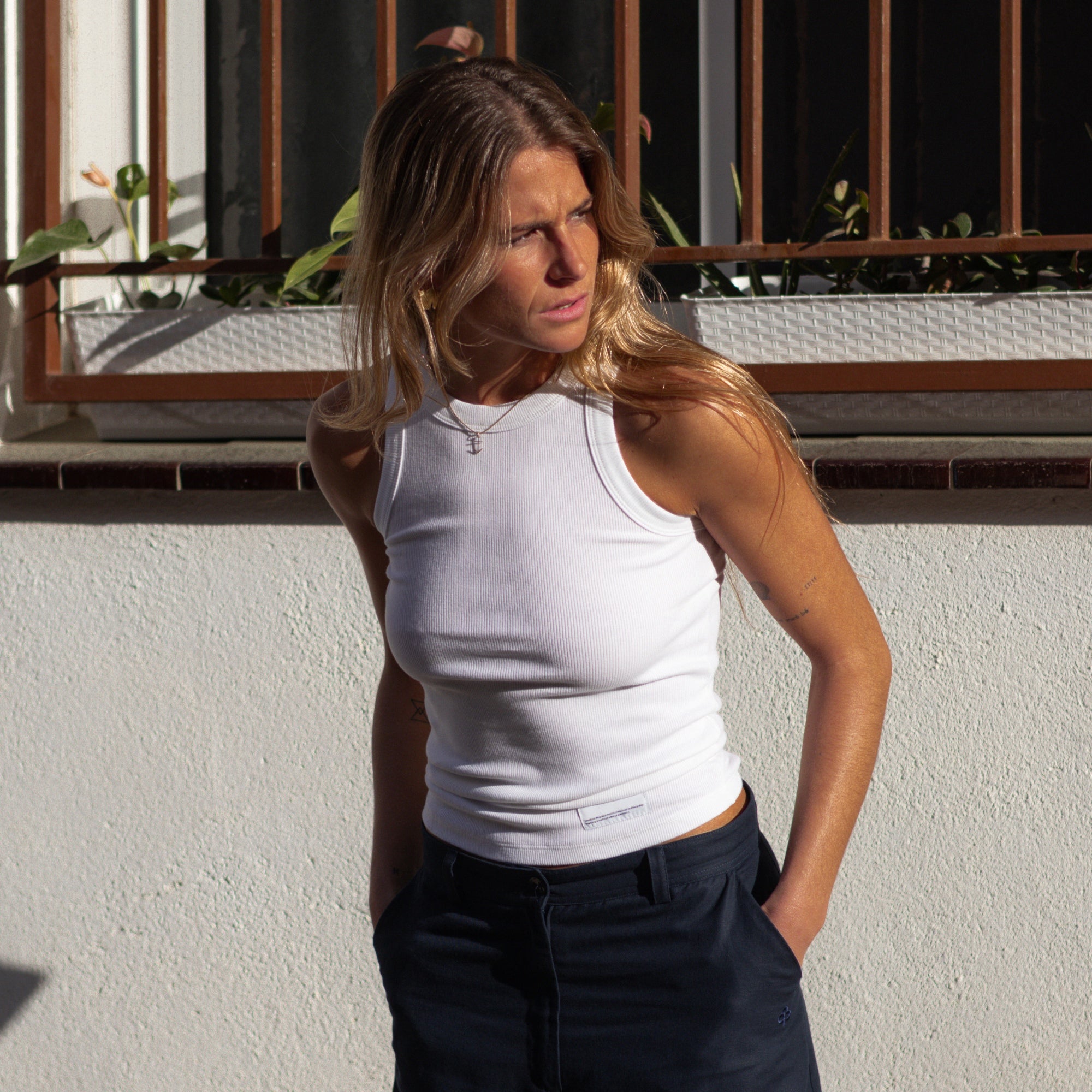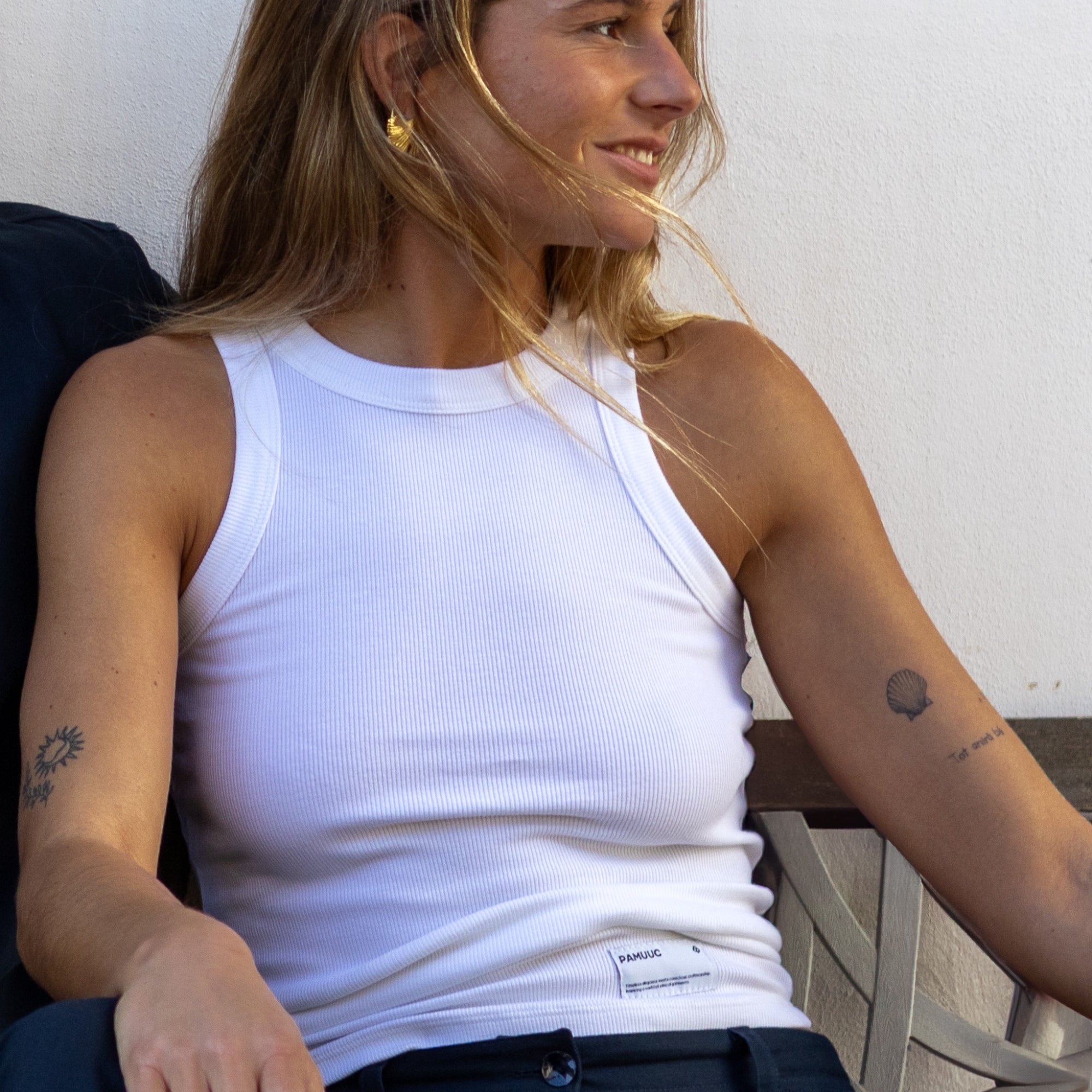What does “made-to-order” mean and how does it cut waste?
Made-to-order means we only cut fabric once you place an order, eliminating the surplus stock that often ends up in landfill. Traditional fashion overproduces by the millions of garments, fuelling the 92 million tonnes of textile waste generated globally each year. By producing only what’s needed, we avoid excess inventory, conserve resources, and keep unwanted pieces out of the waste stream.
Why choose organic cotton instead of conventional cotton?
Organic cotton is grown from non-GMO seeds without synthetic pesticides or fertilisers. Compared with conventional cotton, studies show it emits around 45 % fewer greenhouse gases per hectare and uses significantly less toxic chemistry, protecting farmers’ health and soil biodiversity. For you, it means a softer, breathable fabric free from harmful residues.
Is linen really more sustainable than cotton?
Linen comes from flax, a hardy plant that thrives on rainwater and needs far less irrigation or agro-chemicals than conventional cotton. Flax fibres are naturally strong, fully biodegradable, and create breathable fabrics ideal for warm weather—making responsibly sourced linen one of the lowest-impact choices in apparel.
Why does local production within 30 km of Barcelona matter?
Keeping every stage—from spinning and weaving to sewing—close to our studio slashes transport emissions and lets us visit workshops weekly for quality checks. Local manufacturing supports skilled jobs in our region and guarantees EU labour standards. The shorter the journey, the smaller the carbon footprint.
Do sustainable clothes really cost more?
Ethical garments can have a higher upfront price because they account for living wages, certified materials, and smaller production runs. Yet they last longer: fast-fashion pieces are typically discarded after seven to ten wears. When you calculate cost per wear, well-made sustainable basics are the better value.
How long will my made-to-order Pamuuc piece take to arrive?
We batch orders every Sunday night, cut fabric on Monday, and usually ship within the European Union about two weeks later. That window covers sewing, meticulous quality control, and pressing before dispatch.
How should I care for organic cotton and linen garments?
Wash inside out on a cold (30 °C) cycle with mild detergent, skip fabric softener, and line-dry whenever possible. Cold-water washing cuts energy use by up to 60 % versus hot cycles and helps fibres last longer. Press linen while slightly damp for the smoothest finish—light wrinkles are part of its natural charm.
How transparent is Pamuuc about its supply chain?
Every product page lists the Barcelona-area workshops involved in spinning, weaving, cutting, and sewing. We share material origins and certifications, and publish annual progress reports that track emissions and wage benchmarks, giving you a clear view from field to hanger.
Is shipping within the EU better for the planet than global air freight?
Yes. Intra-EU road and short-sea transport emit far less CO₂ per garment than long-haul air freight. By producing locally in Spain and delivering primarily within Europe, we avoid the high-carbon footprint associated with trans-continental shipping routes.
What are three simple ways I can make my wardrobe more sustainable?
1 – Buy fewer, better basics
Choose versatile pieces you’ll wear at least 30 times. A minimalist wardrobe reduces over-consumption and saves money long-term.
2 – Care and repair
Proper washing plus occasional mending can double a garment’s life, delaying replacement and conserving resources.
3 – Support transparent local brands
Brands that disclose their suppliers and manufacture nearby—like Pamuuc—help shorten supply chains, cut transport emissions, and ensure fair working conditions.

